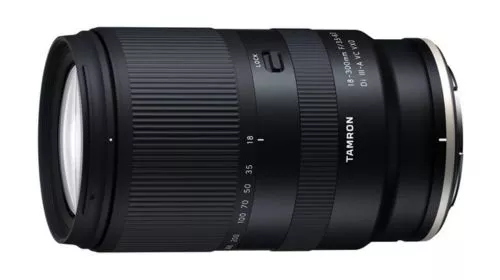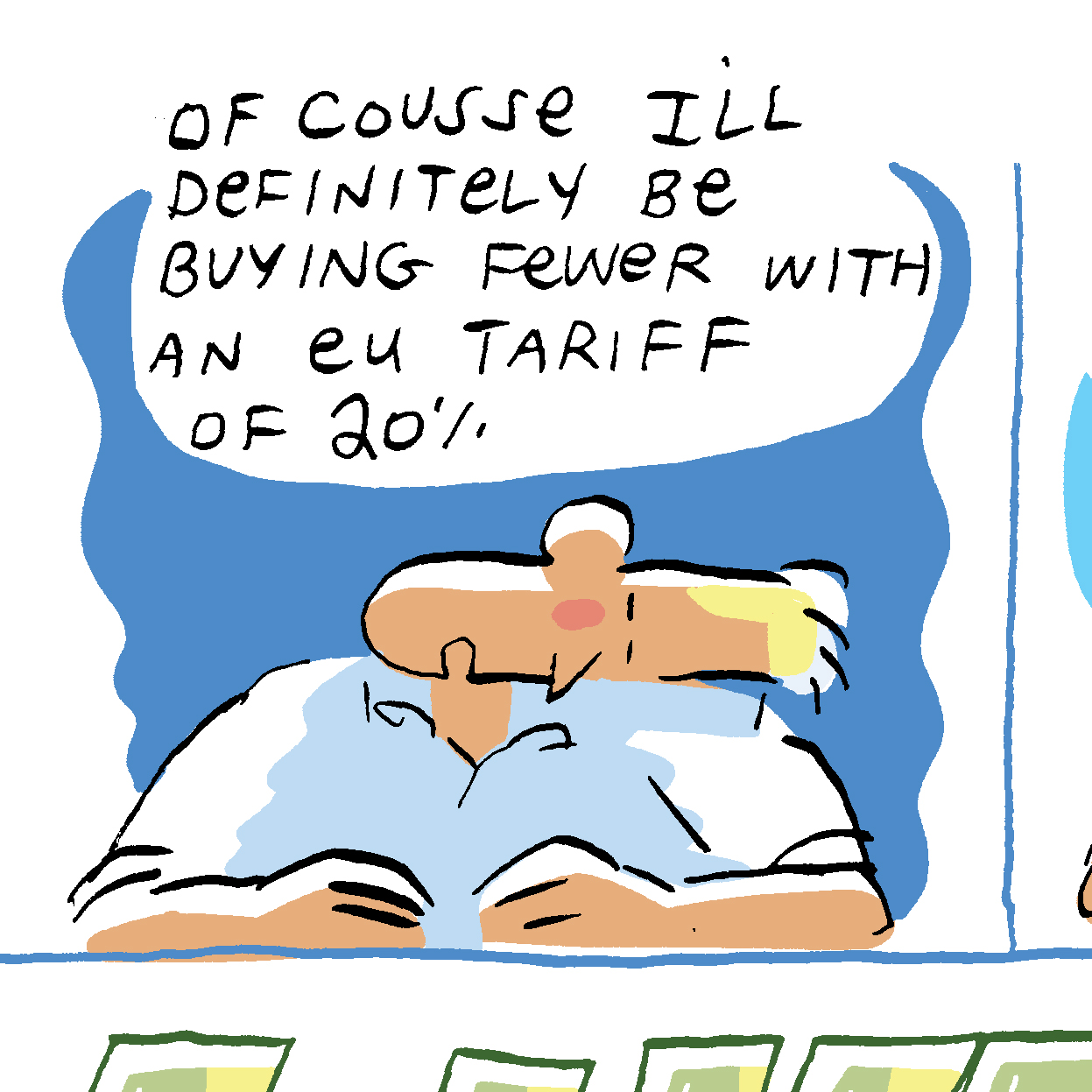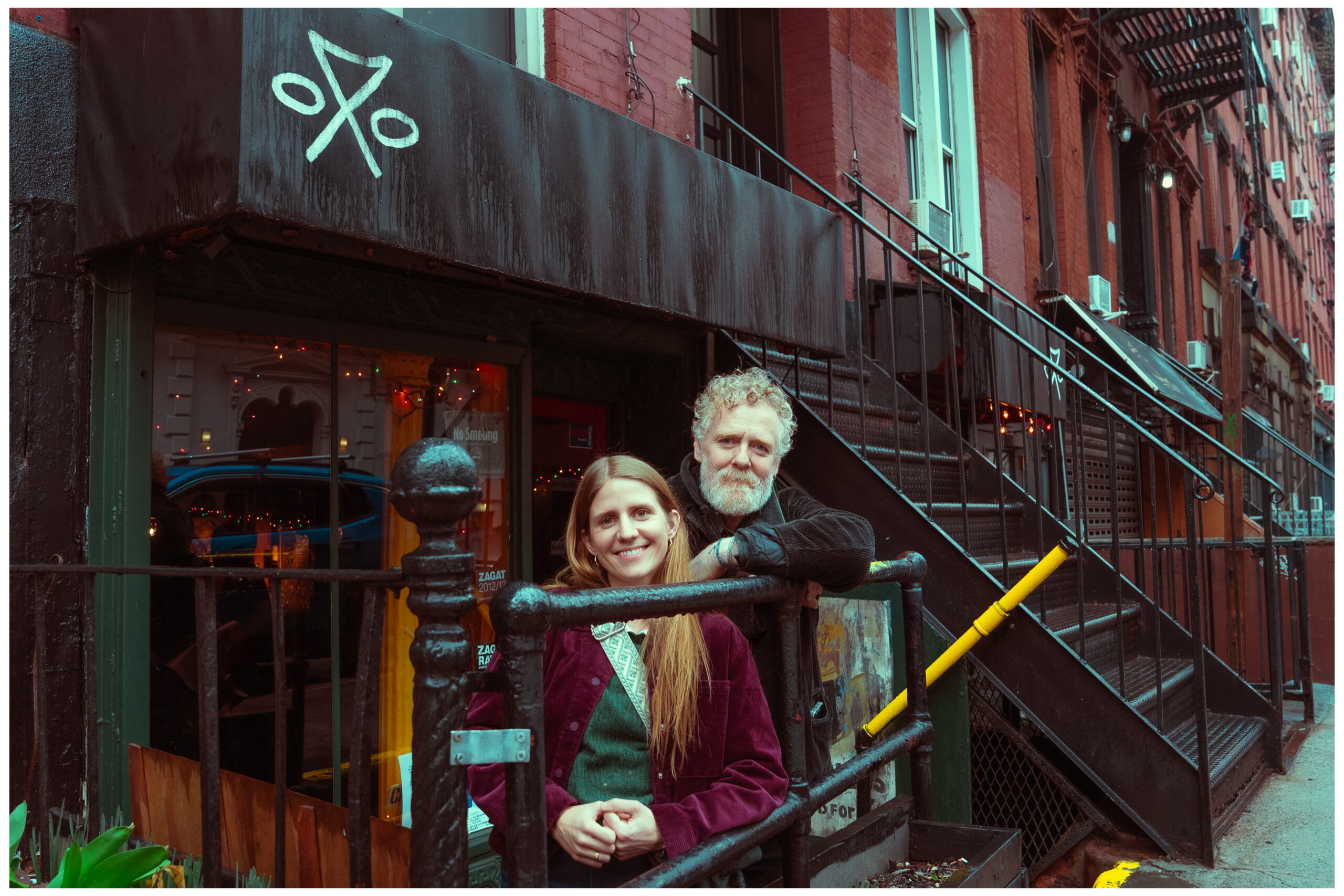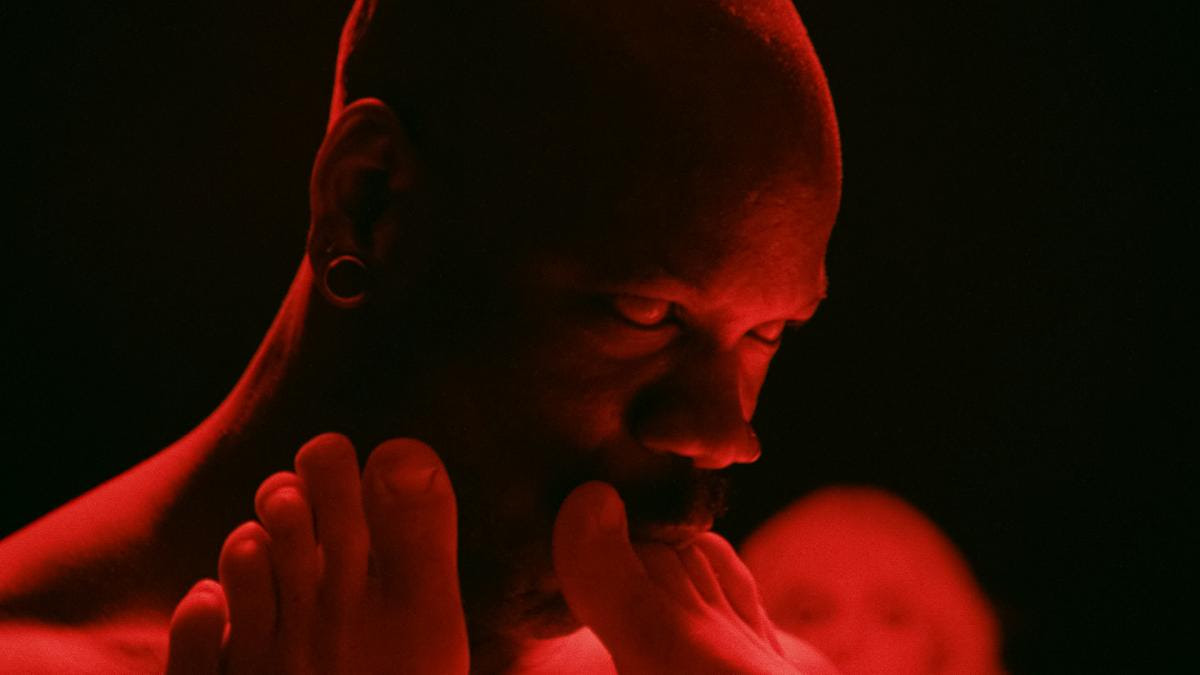Recommended New Books on Filmmaking: Visionary Female Directors, De Palma’s Underrated War, Almodóvar, and Anthony Mann
We are now well into 2025, and our latest column features several books that will likely rank among the year’s finest and most important releases. Plus, this column features a lengthy rundown of new and recent novels that should be on your radar, as well as lots of 4K and Blu-ray gems. Let’s start with […] The post Recommended New Books on Filmmaking: Visionary Female Directors, De Palma’s Underrated War, Almodóvar, and Anthony Mann first appeared on The Film Stage.


We are now well into 2025, and our latest column features several books that will likely rank among the year’s finest and most important releases. Plus, this column features a lengthy rundown of new and recent novels that should be on your radar, as well as lots of 4K and Blu-ray gems. Let’s start with an entertaining and insightful look at female filmmakers.
Cinema Her Way: Visionary Female Directors in Their Own Words by Marya E. Gates (Rizzoli)
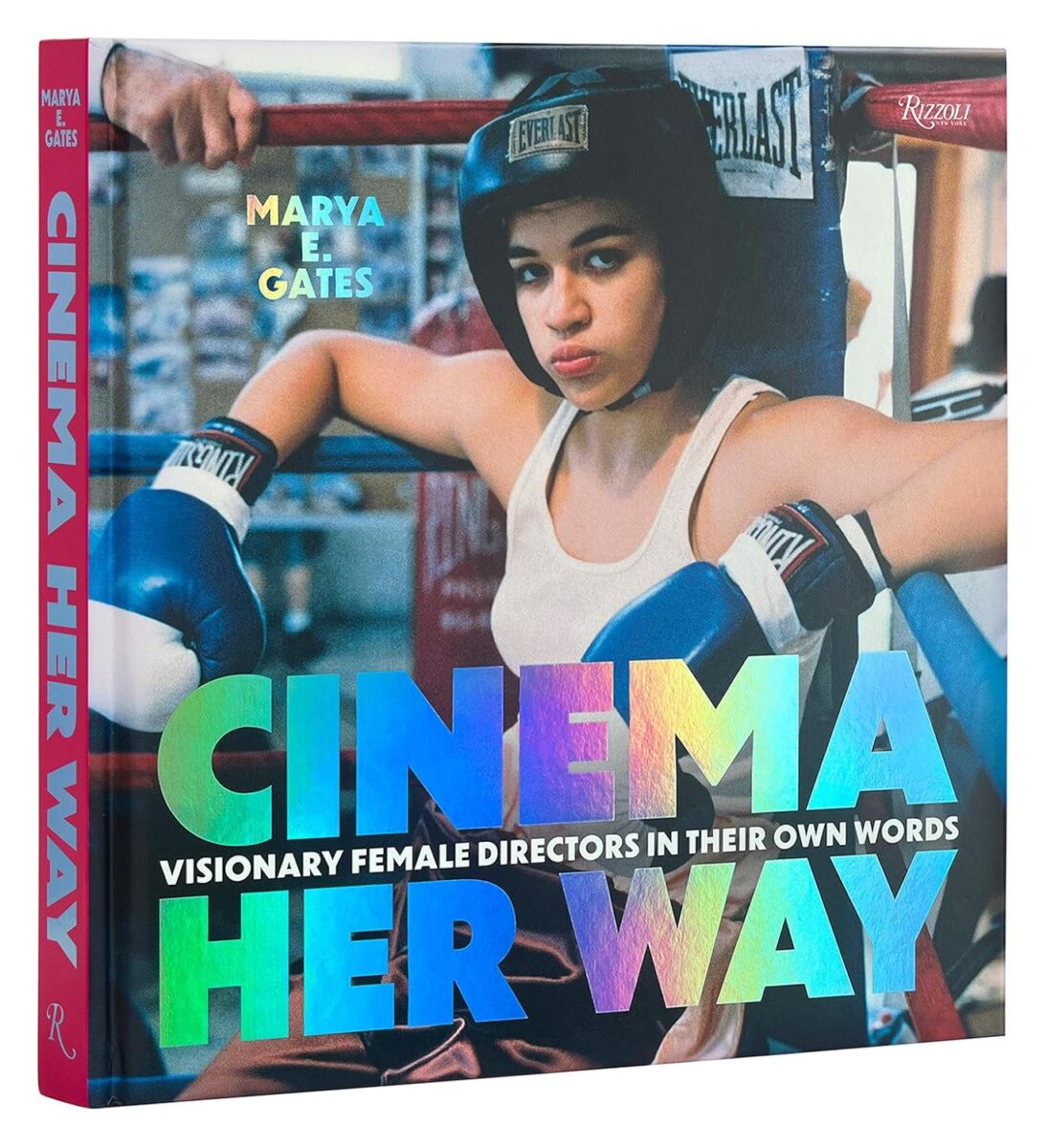
Anyone who has read critic and writer Marya E. Gates’ “Female Filmmakers in Focus” column for RogerEbert.com will agree that there is no one better suited to write Cinema Her Way. This lovingly crafted, visually sublime text is packed with info and interviews. Gates acknowledges the titans of cinema (Varda, Lupino, Akerman) whose contributions paved the way for today’s filmmakers. And while there are passing references to biggies like Coppola and Gerwig, Gates focuses on many important directors whose work is underappreciated. Yes, she interviews the likes of Jane Campion and Miranda July, but she also profiles Allison Anders, Lizzie Borden, Julie Dash, Mary Lambert, and Isabel Sandoval. One of my favorite quotes comes from Katt Shea, whose resume includes everything from Poison Ivy and The Rage: Carrie 2 to Nancy Drew and the Hidden Staircase. During the conversation, Gates touches on the “outsider” theme present in much of Shea’s work. “If it’s somebody who’s misunderstood and doesn’t belong,” Shea says, “then I have a movie!” This is a much needed focus, and it is present in many of the films covered in Cinema Her Way.
Casualties of War: An Investigation by Nathan Réra (Sticking Place Books)

I can think of very few single-film analyses as comprehensive and probing as Casualties of War: An Investigation. Author Nathan Réra literally covers each step in the process, from inspiration to production and legacy. Investigation begins with the actual incident in Vietnam and journalist Daniel Lang’s article for The New Yorker, followed by an aborted adaptation by Fred Zinnemann and a quasi-adaptation from Elia Kazan. Finally, De Palma enters the picture, and the remainder of the book covers every element of pre-production, production overseas, and post-production. It is an exhaustive and painstaking approach, and the result leads to greater appreciation of a film that was too devastating for most audiences and critics in 1989. “The film is more than just a cinematic adaptation,” Réra writes. “It is a veritable background where memories––those of Americans and Vietnamese, of veterans and those opposed to the war––collide.”
The Passion of Pedro Almodóvar by James Miller (Columbia University Press)

It has been a few months since the release of The Room Next Door, the latest film from the brilliant Pedro Almodóvar. Considering the insights found in The Passion of Pedro Almodóvar, I would have enjoyed reading James Miller’s take on the master’s first English-language drama. Miller covers seven specific entries in the Almodóvar filmography: Volver; Bad Education; his first feature, Pepi, Luci, Bom and Other Girls Like Mom; Laws of Desire; The Flowers of My Secret; Broken Embraces; and Pain and Glory. It is a smart and clever approach, especially the inclusion of the latter two films (two of my Pedro faves). Miller’s thoughts on Glory are especially enlightening: “Pain and Glory becomes a vehicle for reckoning with the collateral damage caused by the movidea [the Spanish cultural revolution], a formative moment that Almodóvar nevertheless fondly remembers.”
The Black Book: An Anthony Mann Reader by Scout Tafoya (Honors Zombie Books)
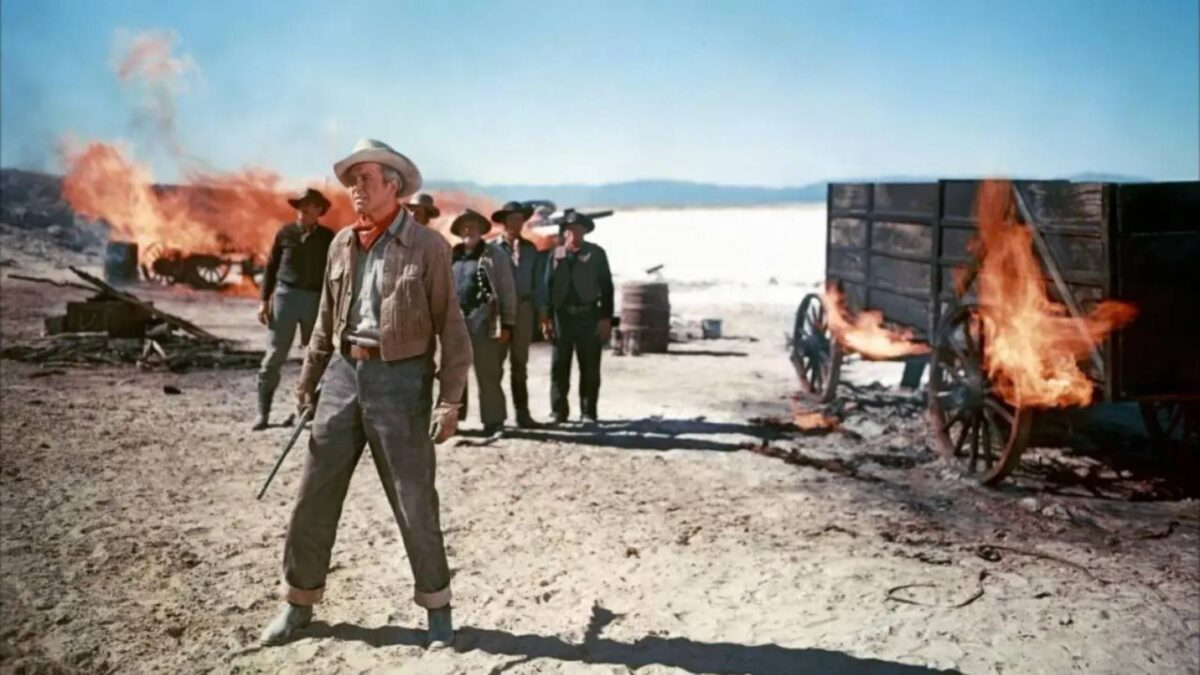
One of my favorite books of 2023 was critic and filmmaker Scout Tafoya’s study of John Ford, But God Made Him a Poet. Tafoya is back with another beautifully crafted, deeply involving analysis of an essential director. This time it is Anthony Mann, the man behind Winchester ’73, El Cid, and The Fall of the Roman Empire. “This is a work of pure appreciation of a man who figured out cinematic language, poured his every ounce of energy and ingenuity into his work, and then died most unbeloved by the film industry,” Tafoya writes. “He is a director whose failures and successes seem to keep each other in check, never allowing his greatness canonical status. Anthony Mann is a name every American cinephile learns, but we are not encouraged to make a spectacle of our love for him. So that’s just what I’m doing.” You’ll emerge from Black Book with a much deeper appreciation for the man and his work––as well as Tafoya’s vital efforts.
Past Lives by Celine Song (A24)

A24’s screenplay books are a wonderful keepsake and a sign that a film is one of the company’s most beloved releases. It is fitting, therefore, that Celine Song’s gorgeous Past Lives has received the deluxe treatment. The book is divided into five sections––the screenplay itself, in English and Korean; a collection of film stills; an essay on the film by author Shabier Kirchner; an essay by New Yorker writer Doreen St. Félix; and a conversation between Song and Andrew H. Miller. It’s a timely release, as Song’s much-anticipated Past Lives follow-up, Materialists, arrives in theaters in June. And yes, it’s another A24 release.
Quick hits
The wildest book in this column is surely Lollapalooza: The Uncensored Story of Alternative Rock’s Wildest Festival by Richard Bienstock and Tom Beaujour (St. Martin’s Press), a tremendous oral history of Perry Farrell’s zeitgeist-shifting alt-rock festival. The Lollapalooza of today is, of course, a mighty, pop-centric event, but it is a far, far different entity than the Lolla of the nineties. As cofounder Marc Geiger, puts it, “Does the current version of Lollapalooza still reflect what the festival was in the nineties? No. And it shouldn’t.” He’s right, but reading the stories herein may make you long for the days when Eddie Vedder “was a monkey. He would climb anything and everything.”
Ian Leslie’s John & Paul: A Love Story in Songs (Celadon Books) makes a novel and convincing argument that the relationship of John Lennon and Paul McCartney is best understood in tandem, rather than individually: “Their collaboration, even at its most competitive, was a duet, not a duel.” This is a moving and even groundbreaking approach, and it manages to heighten our love and respect for the things John and Paul accomplished together.
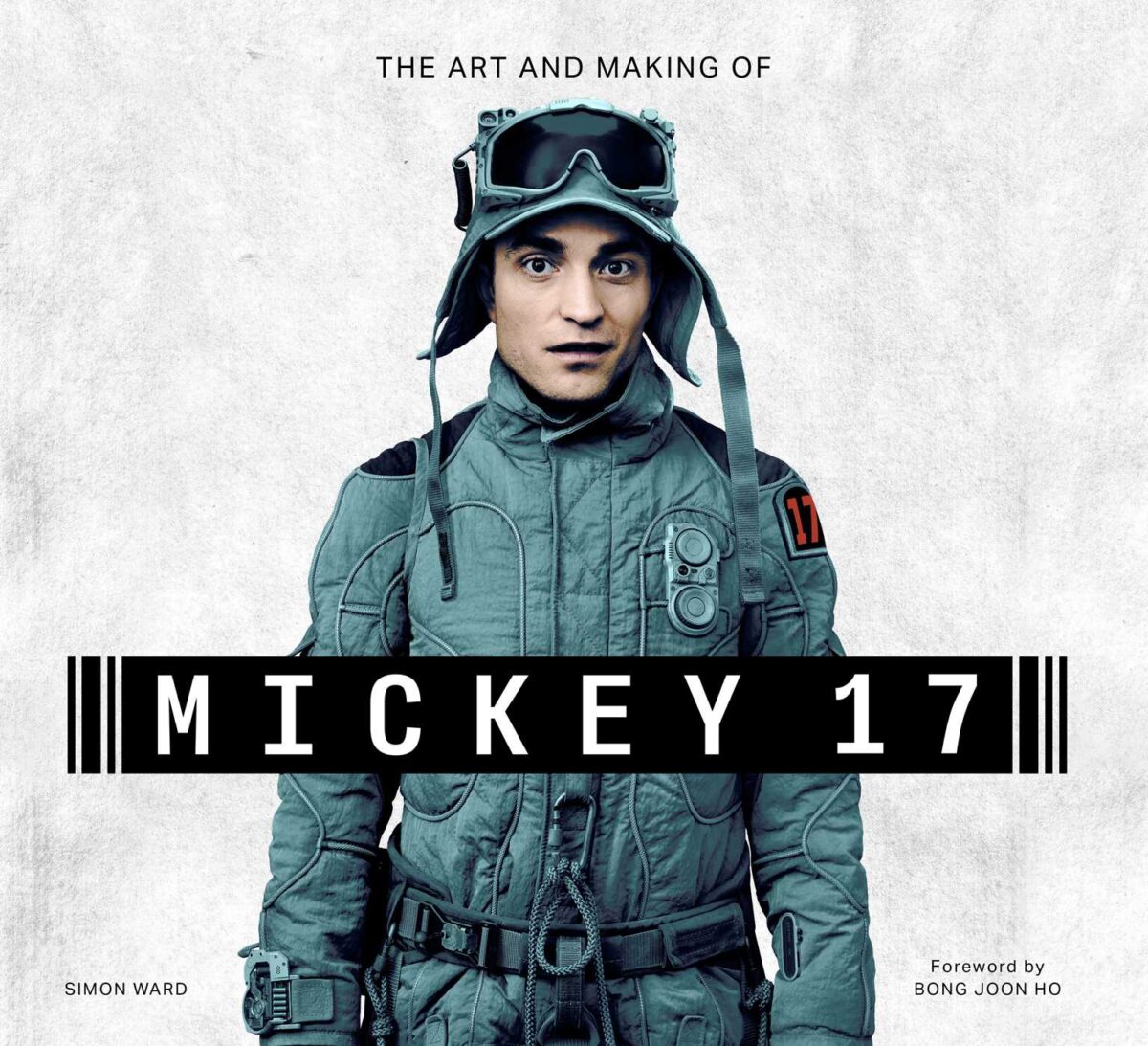
Bong Joon Ho’s Mickey 17 seemed oddly predestined to be considered a failure, which is an absolute shame. As The Art and Making of Mickey 17 (Insight Editions) by Simon Ward makes clear, the production had more stylistic verve, ambition, and chutzpah than most studio releases of the last decade. From adapting author Edward Ashton’s Mickey 7 (“The story went through, essentially, a ‘Bong filter,’” Ward writes) to designing the Creepers (“My approach was a moving croissant,” states director Bong), the creation of Mickey 17 was clearly a process filled with intricate planning.
In A City Full of Hawks (Rowman & Littlefield), veteran writer Stephen Rebello––I’ve been a fan since reading his work in Movieline many years ago––explores Elia Kazan’s On the Waterfront and why it still resonates. As one might expect, Rebello wrestles with the complexities and contradictions of Kazan, and how Waterfront reflected his beliefs and McCarthy-era testimony. “On the Waterfront remained the high and low point of Elia Kazan’s career,” he writes. “Old wounds may never heal.”
Eddie Muller, the host of Turner Classic Movies’ Noir Alley, can always be counted on for an affectionate and incisive look at film noir. His latest book, Dark City Dames: The Women Who Defined Film Noir (Revised and Expanded Edition) (Running Press), features in-depth profiles of the likes of Jane Greer, Ann Savage, Ruth Roman, and Claire Trevor. Meanwhile, Secret Cinema: The Rise and Fall of the Blue Movie (Sticking Place Books) by John Baxter outlines “the variety and complexity of erotic films” with intelligence and wit. This is a fascinating and even surprising read; Baxter uncovers new tidbits surrounding the shockingly successful Deep Throat, the sad saga of the Mitchell Brothers, and plenty more.
The Marvel “art of the movie” series continues with Marvel Studios’ The Infinity Saga – Ant-Man: The Art of the Movie and Marvel Studios’ The Infinity Saga Avengers: Age of Ultron: The Art of the Movie both by Jacob Johnston (Titan Books), while Star Wars fans may want to pick up the latest LEGO Star Wars Character Encyclopedia (DK) for a new breakdown of 200 characters and an exclusive, extra creepy Palpatine minifigure.
Lastly, the more time passes, the more it seems that Superbad was perhaps the last great studio teen comedy. In I Am McLovin: How Superbad Became the Biggest Comedy Hit of Its Generation (Applause), author Andrew Buss documents the creation, production, and surprising afterlife. Who could have predicted that nearly twenty years after the film’s release, “the McLovin ID still has its own spot at Target, and as long as Target continues to carry licensed T-shirts, McLovin will have a place to call home.”
Short fiction and novels with a link to cinema
One of the major 2025 fiction releases for cinema lovers is Snowy Day and Other Stories by the brilliant filmmaker Lee Chang-dong (translated by Yoosup Chang and Heinz Insu Fenkl; Penguin Press). It should come as no surprise that this collection from the director of Burning and Poetry is full of stories that are dark, intense, and unnerving. The longest work here, “A Lamp in the Sky,” is especially noteworthy.
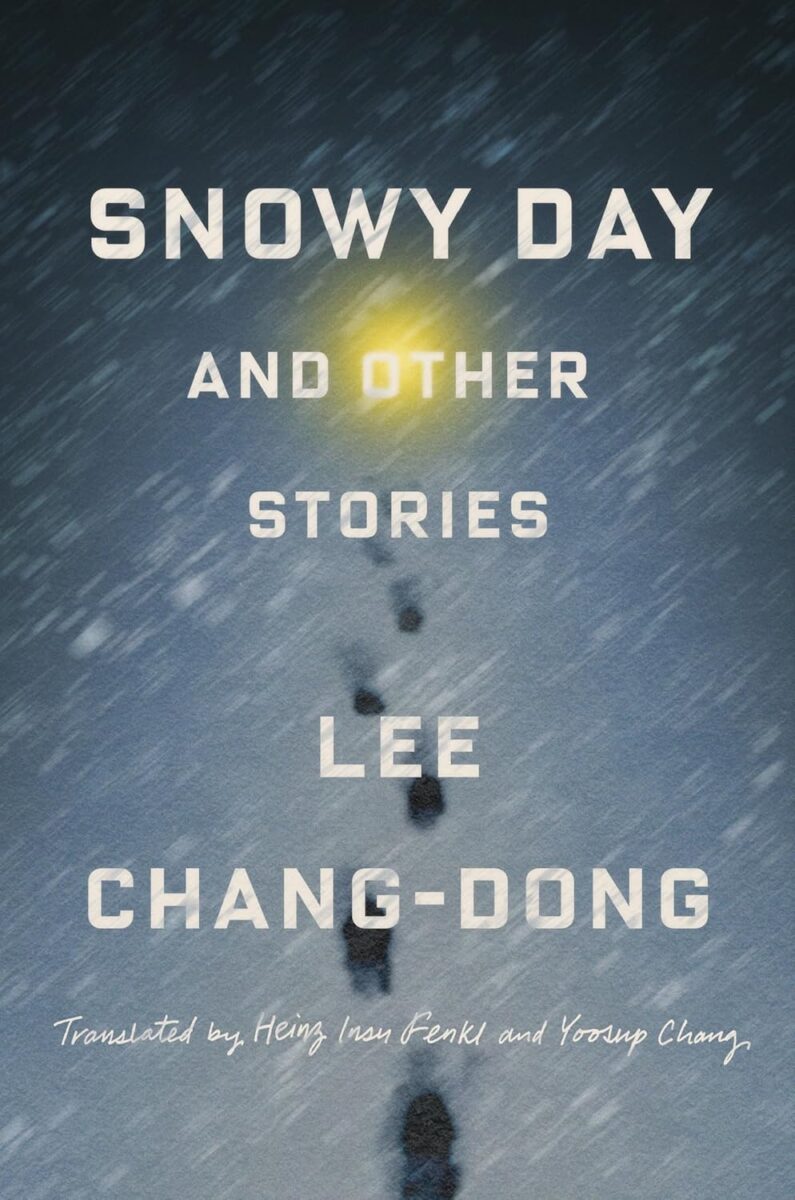
Another filmmaker who has turned to literature is Andrew Davis, the gifted director of The Fugitive and Under Siege. His first novel, Disturbing the Bones (Melville House), is a global political thriller that sees Davis collaborating with investigative journalist Jeff Biggers. Davis recently discussed his novel with The Film Stage; check out the interview here.
Stuart Murdoch is, of course, known as the frontman for Glasgow pop masters Belle and Sebastian, but he also directed 2014’s God Help the Girl. The vibe of that wondrous musical is captured in Murdoch’s debut novel, Nobody’s Empire (HarperVia). It’s a lovely, 1990s-set story of adolescence and musical discovery.
The great Olivier Assayas is currently in production on an adaptation of Giuliano da Empoli’s The Wizard of the Kremlin (Other Press), a captivating novel covering Putin’s rise in Russia. Kremlin is gripping and full of surprises, and so is the cast Assayas has assembled for this one: Paul Dano, Alicia Vikander, Zach Galifianakis, and Jude Law as Putin (!).
A few months ago, Stephen King praised Memorials by Richard Chizmar (Gallery Books) on X, and it is easy to see why the master of horror was so blown away. Chizmar, who co-authored the novella Gwendy’s Button Box with King, has crafted a terrifying gem about three film students shooting deep in Appalachia. And The Californians by Brian Castleberry (Mariner Books) is an epic novel covering 100 years of American ambition, success, and failure; one of its key figures is a German silent film director. He is just one of the memorable characters in Castleberry’s complex tapestry.
Lastly, the Star Wars faithful will want to check out a trio of recent releases available from Random House Worlds and Random House Audio: Star Wars: Tempest Breaker (The High Republic) by Cavan Scott; Star Wars: The Mask of Fear (Reign of the Empire) by Alexander Freed; and Star Wars Legends: Dark Lord: The Rise of Darth Vader by James Luceno.
Novels in brief
In addition to the novels mentioned above, there are plenty more releases from late 2024 and early 2025 that I recommend reading. Let’s start with some intense drama. There is no one better at capturing modern fears than Megan Abbott. Her latest novel, El Dorado Drive (G.P. Putnam’s Sons), somehow equals her previous two stunners, The Turnout and Beware the Woman. El Dorado is a timely tale of three sisters who, like so many, are struggling financially (and in other ways). A mysterious concept called “the Wheel” seems to offer salvation… but presents plenty of risks. The final stretch is unforgettable, and features some of Abbott’s finest work.
The Unbecoming of Margaret Wolf by Isa Arsén (G.P. Putnam’s Sons) is an enthralling character study about two Shakespearean actors, while A Gorgeous Excitement by Cynthia Weiner (Crown) is a compulsively readable thriller centered around a young woman trying to stay alive in drug-fueled 1986 Manhattan. And Animal Instinct by Amy Shearn (G.P. Putnam’s Sons) is a smart, sexually charged novel about divorce, AI chatbots, and a global pandemic.
“Dark academia” is ever-popular, and The Dollhouse Academy by Margarita Montimore (Flatiron Books) is a fine addition to the genre. This one is set at an elite boarding school for young performers, and chronicles the clash between two twenty-somethings and the Academy’s most famous star.
Emily St. John Mandel is one of my favorite contemporary writers, and All the Water in the World by Eiren Caffall (St. Martin’s Press) certainly has a Mandel feel to it. It’s set at a settlement on the roof of the American Museum of Natural History after the glaciers have melted away. Just as upsetting is The Lamb by Lucy Rose (Harper), a startling folk-horror debut about a mother, a daughter, and a spooky forest.
Need something lighter? Kate & Frida by Kim Fay (G.P. Putnam’s Sons) is a sweet, warm-hearted tale covering the friendship between a journalist in Paris and a Seattle bookseller. And Deep Cuts by Holly Brickley (Crown), which will be adapted by Sean Durkin with Austin Butler and Saoirse Ronan, is a corker of an aughts love story soundtracked by oodles of great songs; Brickley is clearly a music junkie, and anyone who gets excited by novels referencing the Kinks and Interpol’s “NYC” is bound to swoon.
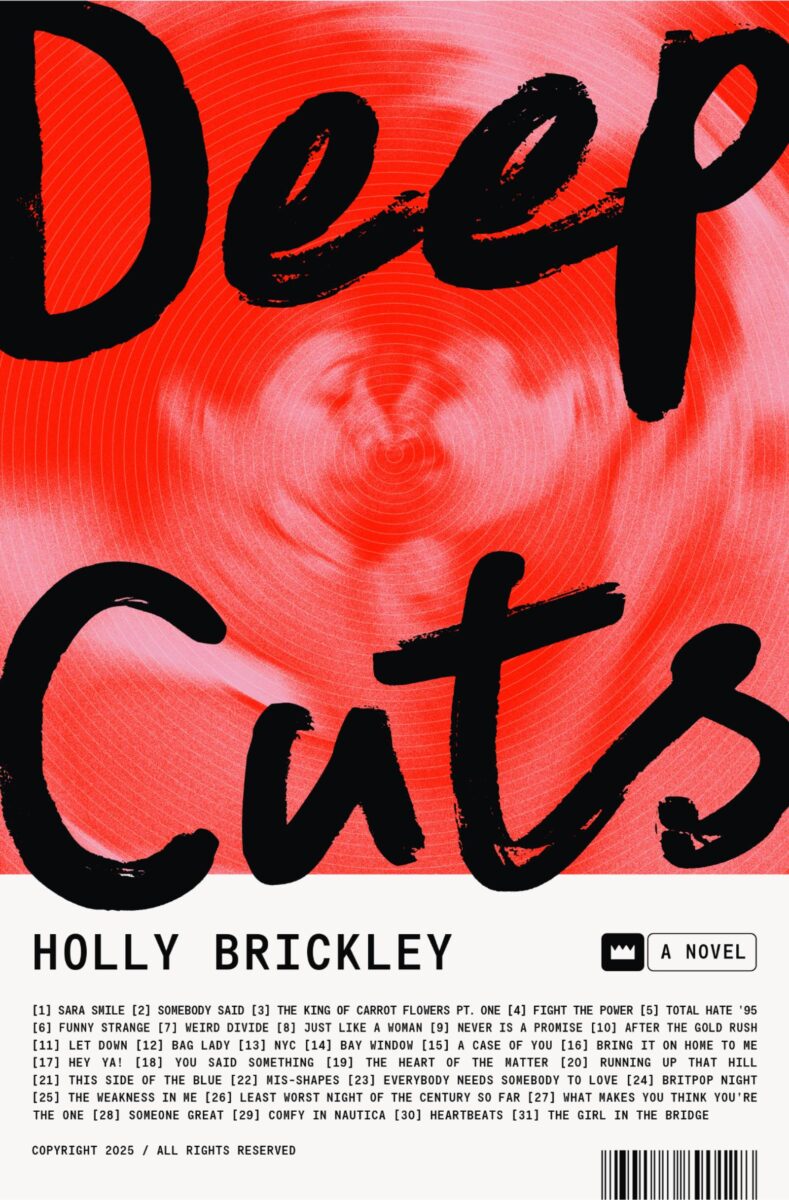
I was riveted by David Szalay’s Flesh (Scribner), a darkly comical account of a Hungarian teenager whose sexual exploits take him around the world, ultimately linking him with a wealthy wife, a doomed child, and real estate problems in London. (István’s responses invariably include some form of, “Yeah?”) The breathtakingly ambitious Confessions by Catherine Airey (Mariner Books) is a multi-layered family story that jumps in time (1974, 2001, 2018), spilling secrets along the way. And The Life Cycle of the Common Octopus by Emma Knight (Pamela Dorman Books) is a complex delight about a college student, her best friend, and a famous writer.
A child actor surrounded by questionable adults is the protagonist of Playworld by Adam Ross (Knopf), a deliciously likable coming-of-age comedy that marks its author as a major talent; next I aim to check out his story collection, Ladies and Gentlemen, and his first novel, Mr. Peanut.
Meanwhile, Good Girl by Aria Aber (Hogarth) is a stylish debut novel set in Berlin’s clubs and artistic underground.
And José Donoso’s classic novel The Obscene Bird of Night (New Directions) has recently been re-released with a new translation; this disturbing, beautifully crafted nightmare has lost none of its power since its release in 1970.
New to Blu-ray and 4K
There has been some debate over changes to the long-awaited 4K release of David Fincher’s Se7en (Warner Home Entertainment). However one feels about Fincher’s tweaks, the quality of the film itself––and the release’s many special features, brought over from past releases––cannot be denied. For what it’s worth, Se7en looks phenomenal in 4K. So does Milos Forman’s Amadeus. This long-awaited release from Warner Home Entertainment includes a restored version of the film’s theatrical cut, which I maintain is far superior to the longer director’s cut. This is one of my favorite films, and it has never looked better. The staggering performances of Tom Hulce and F. Murray Abraham still pack a wallop.
In recent months, the Criterion Collection has released its standard mix of contemporary classics, older greats, and some wild cards. All feature enticing extras. The Coens’ No Country for Old Men features a new conversation between Joel and Ethan and aforementioned El Dorado Drive author Megan Abbott. Stephen Frears’ Jim Thompson adaptation, The Grifters, offers multiple making-of docs as well as The Jim Thompson Story. Jean Eustache’s long-unavailable triumph, The Mother and the Whore, includes a fine essay by critic Lucy Sante and an introduction to the film by Eustache. The pairing of Yojimbo/Sanjuro: Two Samurai Films by Akira Kurosawa features documentaries on the making of both films, made as part of the Toho Masterworks series Akira Kurosawa: It Is Wonderful to Create. The Criterion release of Winchester ’73, directed by Anthony Mann (subject of Scout Tafoya’s The Black Book), includes the program Forces of Nature: Anthony Mann at Universal as well as a Lux Radio Theatre adaptation of the film.
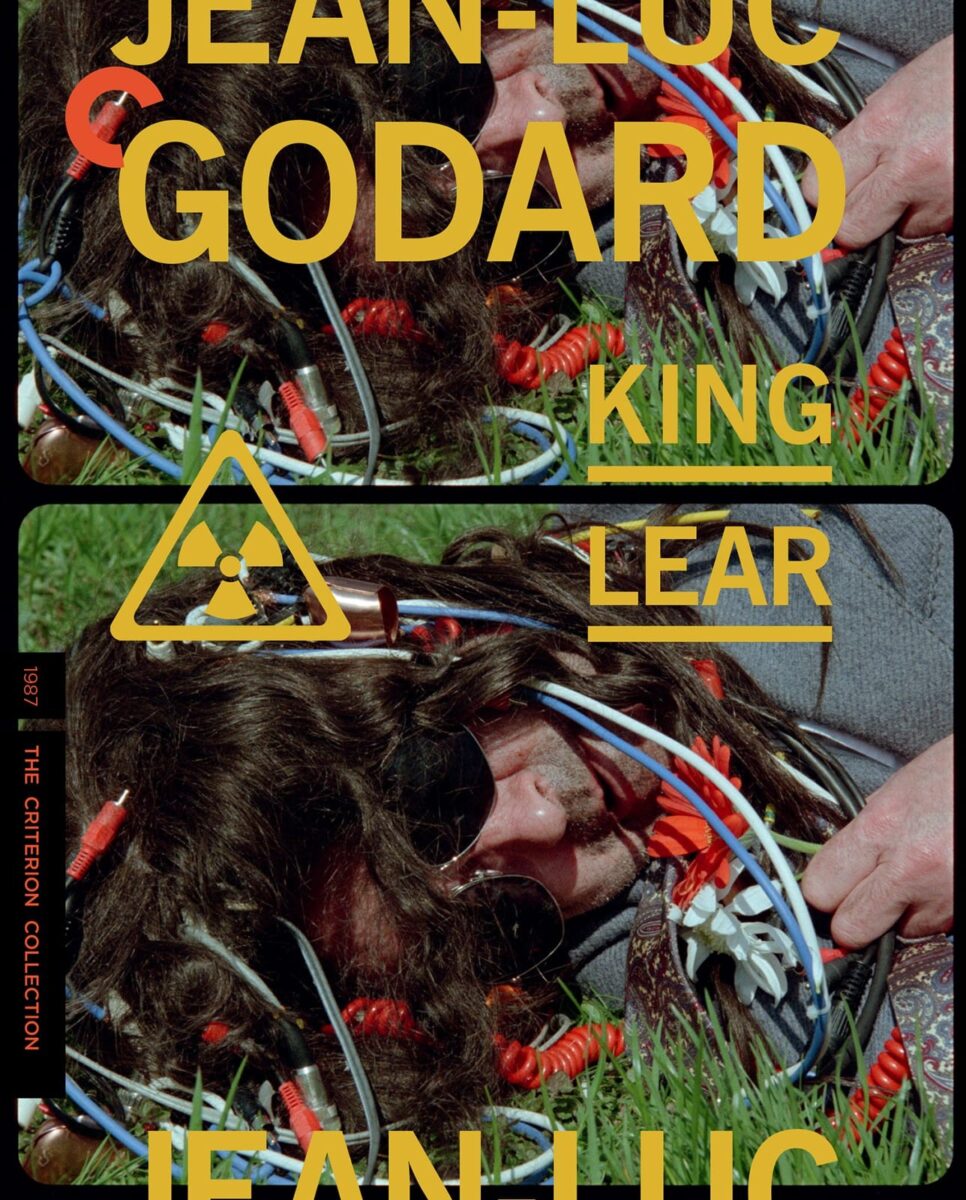
Jean-Luc Godard’s King Lear has finally entered the collection, and brings with it new interviews with Godard biographer Richard Brody and actors Molly Ringwald and Peter Sellars. Gus Van Sant’s Drugstore Cowboy has audio commentary from Van Sant and star Matt Dillon along with a nice making-of doc. Donald Cammell and Nicolas Roeg’s psycho-sexual Performance, starring James Fox, Mick Jagger, Anita Pallenberg, and Michele Breton features the phenomenal 1998 documentary Donald Cammell: The Ultimate Performance, by Kevin Macdonald and Chris Rodley. Basquiat, Julian Schnabel’s ode to iconic painter Jean-Michel Basquiat, remains the director’s finest film, and this Criterion release offers both the original 1996 theatrical version as well as a stunning black-and-white version of the film. And the winner for best packaging is without question Sean Baker’s Anora; the multiple Oscar winner features a super-cool supplemental magazine that includes essays from critic Dennis Lim and author Kier-La Janisse. The cover, of course, references 1971’s Vampyros Lesbos with an image of star Mikey Madison that may take your breath away.
Recently released by Janus Contemporaries in association with Criterion, Bertrand Bonello’s The Beast is harrowing and unforgettable; I believe Léa Seydoux gave 2024’s finest performance. The disc features a new interview with Bonello.
As usual, Kino Lorber is here to offer up 4K releases for some unique dramas. Let’s start with Brian De Palma’s Snake Eyes, one of the master’s most underrated films. The 1998 thriller has never looked better than it does in this Kino release––nor has Nicolas Cage’s voice ever sounded quite this booming. The disc also includes an insightful, entertaining commentary track from film historians Steve Mitchell and Nathaniel Thompson.
In his recent memoir, Sonny Boy, Al Pacino discusses the response to the failure of Revolution, and his subsequent years away from cinema. The film that brought him back to the big screen was Sea of Love, and the 1989 Harold Becker thriller is still a doozy. (I like to think that Moe Szyslak was thinking of Sea of Love when he uttered “This thing’s hotter than Ellen Barkin!” in season 18 of The Simpsons.)
Other recent 4K Kino releases include Tarkovsky’s final masterpiece, The Sacrifice (the disc also includes the 1988 documentary Directed by Andrei Tarkovsky), and one of my favorite 1970s comedies, Herbert Ross’ Play It Again, Sam. While not directed by Woody Allen, Sam belongs on any list of his (to quote Stardust Memories) early, funny ones. And John Frankenheimer’s Reindeer Games has long been a guilty pleasure favorite of mine, for its stellar cast (Ben Affleck, Charlize Theron, Dennis Farina, Clarence Williams III), holiday setting, and endearingly silly, twist-heavy plotting.
Finally, Kino recently released two nice slices of 1990s cinema, Phil Alden Robinson’s Sneakers and Gary Fleder’s Things to Do in Denver When You’re Dead. The former is a heist treat featuring one of Robert Redford’s most enjoyable turns; the 4K disc has multiple commentaries and a length doc. And Denver, which features a truly mind-boggling cast (Andy Garcia, Christopher Walken, Christopher Lloyd, Steve Buscemi, Bill Nunn), includes new audio commentary by Fleder and writer Scott Rosenberg.
I was unable to catch John Carney’s We Live in Time (A24) at the 2024 Toronto International Film Festival, much to my chagrin. However, I found watching it at home some months later, on the newly released A24 Blu-ray, to be a pleasurable and surprisingly moving experience. Stars Florence Pugh and Andrew Garfield are delightful, and Carney’s film is a typically lovely A24 release; features include a commentary and featurette, as well as some collectible postcards.
And it feels fitting to close with Brady Corbet’s The Brutalist, a 2024 titan that was a triumph on the big screen but plays well at home, too. The 4K/Blu-ray release from A24 includes a commentary with Academy Award-nominated DP Lol Crawley, a 25-minute making-of featurette, and six collectible postcards. You may want to frame them. Honestly.
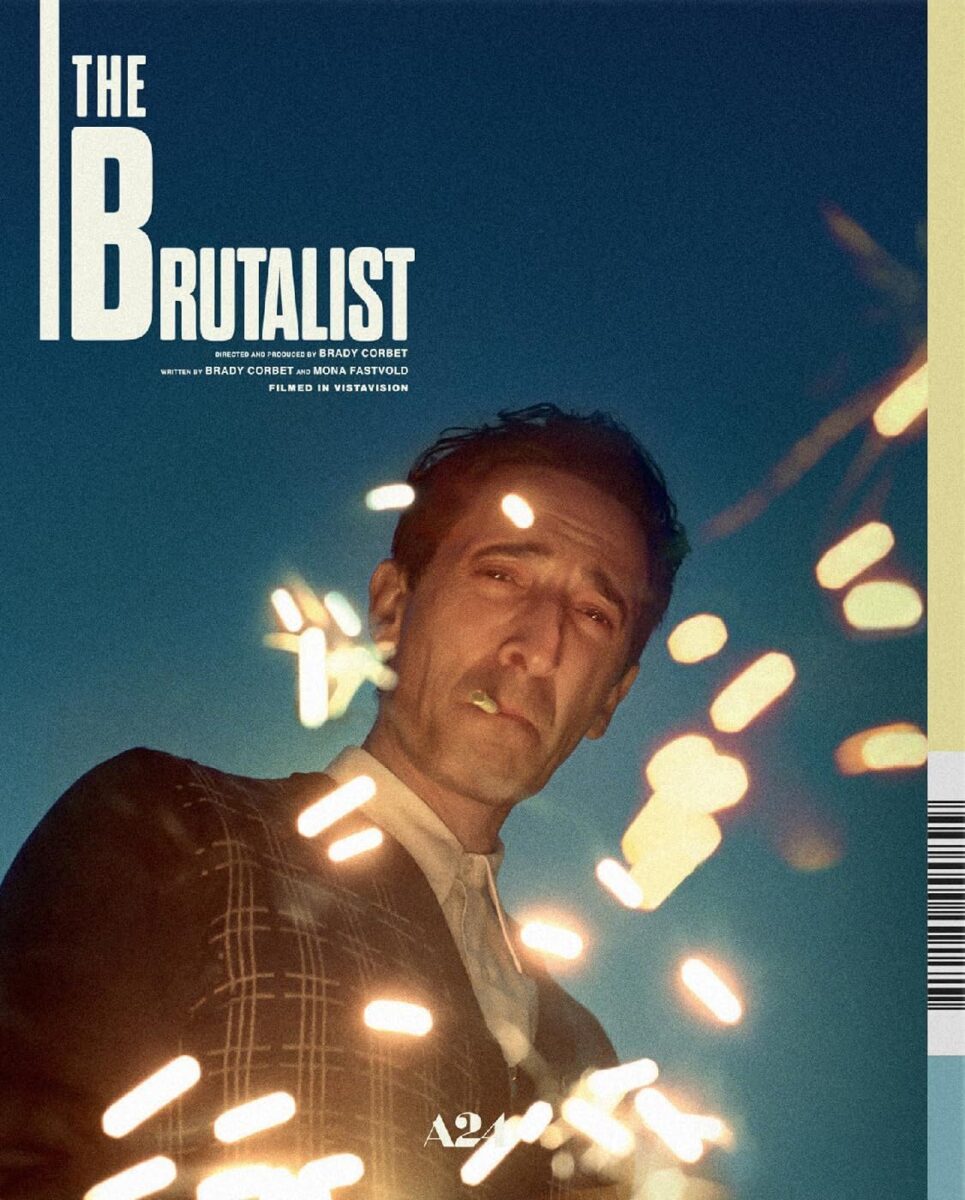
The post Recommended New Books on Filmmaking: Visionary Female Directors, De Palma’s Underrated War, Almodóvar, and Anthony Mann first appeared on The Film Stage.





![‘Predator: Badlands’ – Dan Trachtenberg Previews His “Big, Crazy Swing” [Interview]](https://bloody-disgusting.com/wp-content/uploads/2025/04/image-26.jpg)














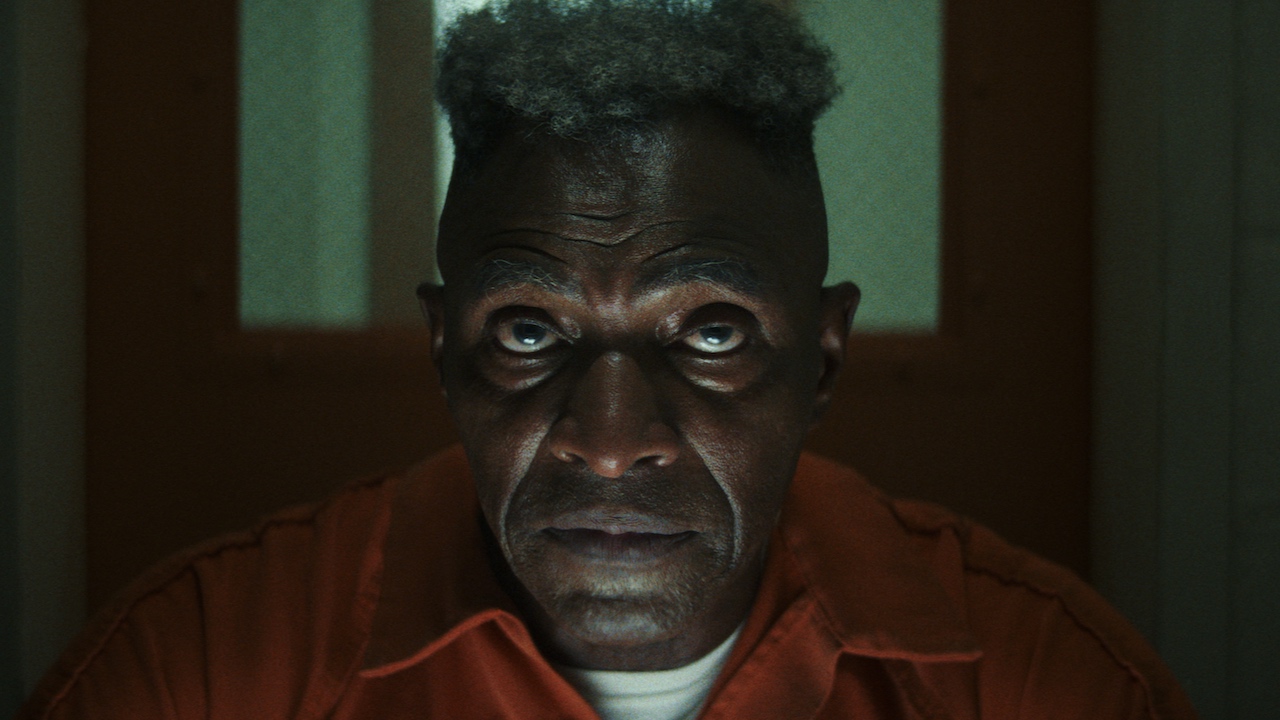






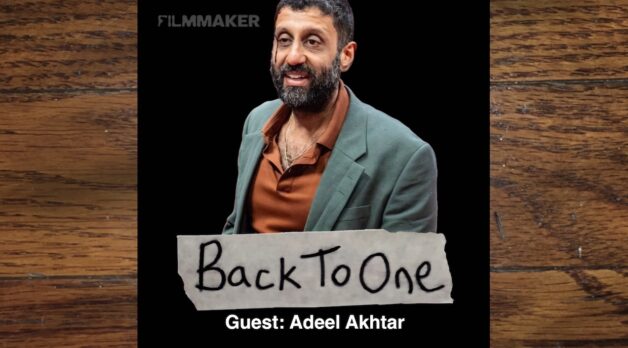
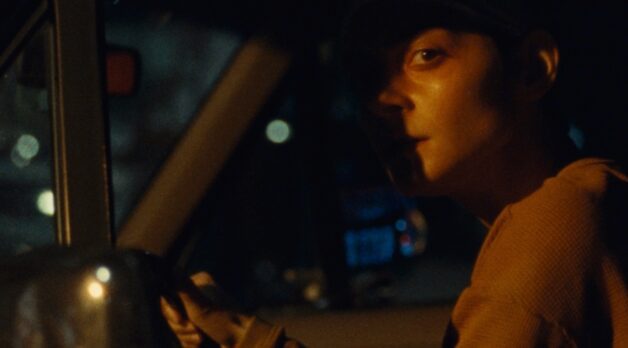
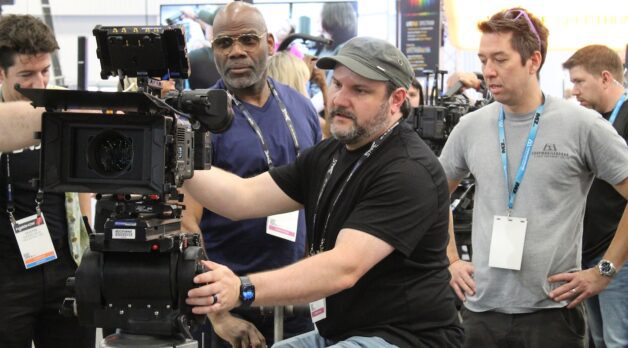









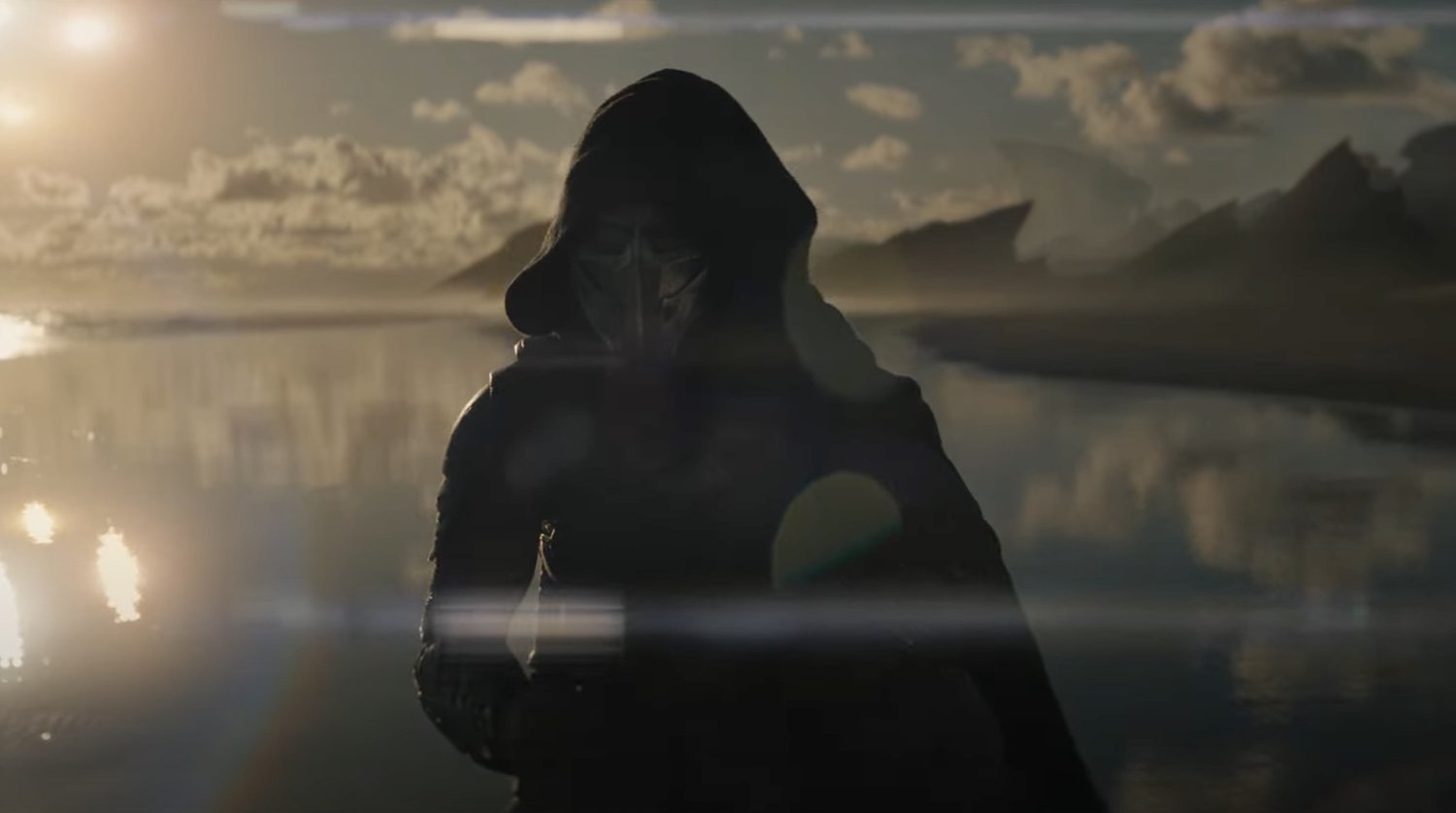















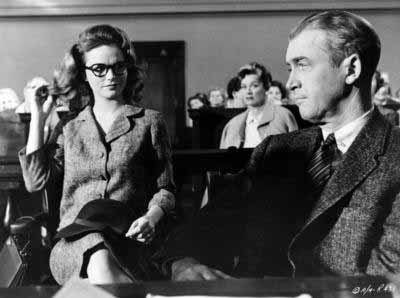
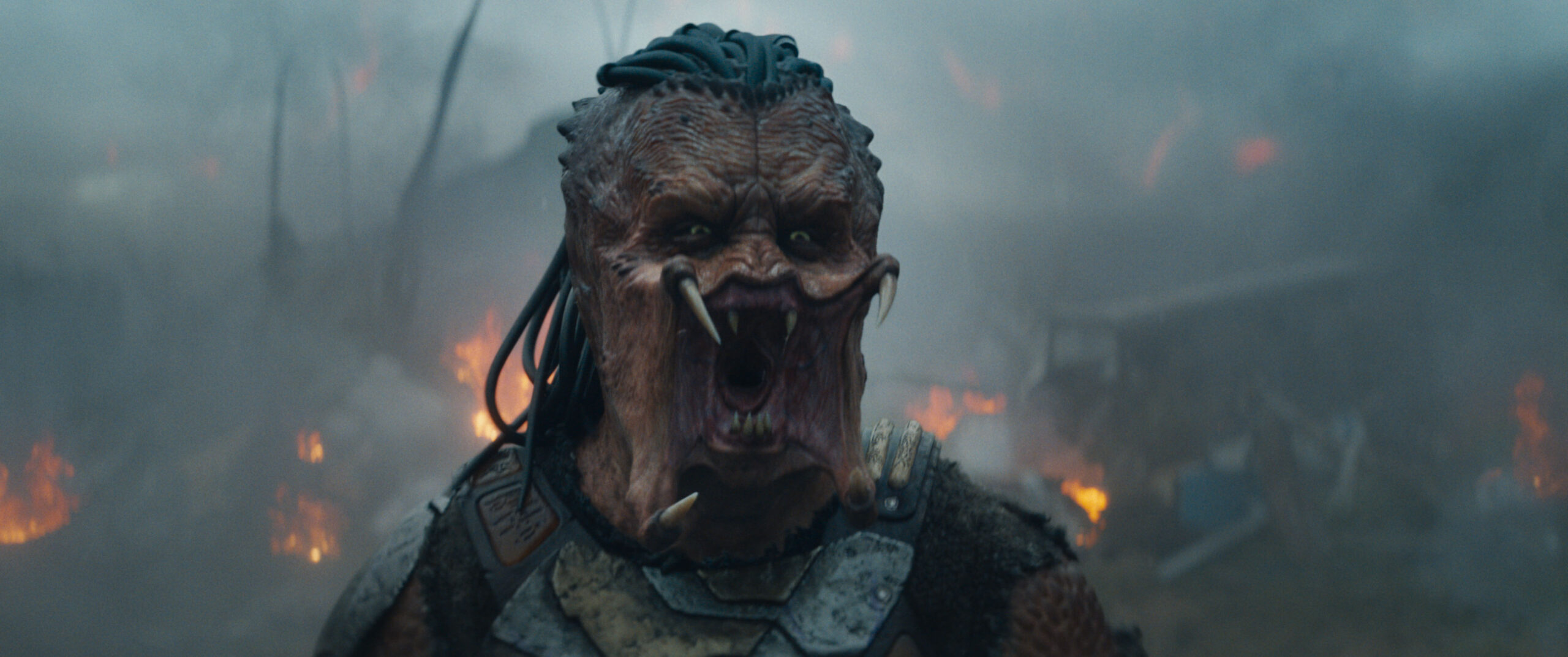
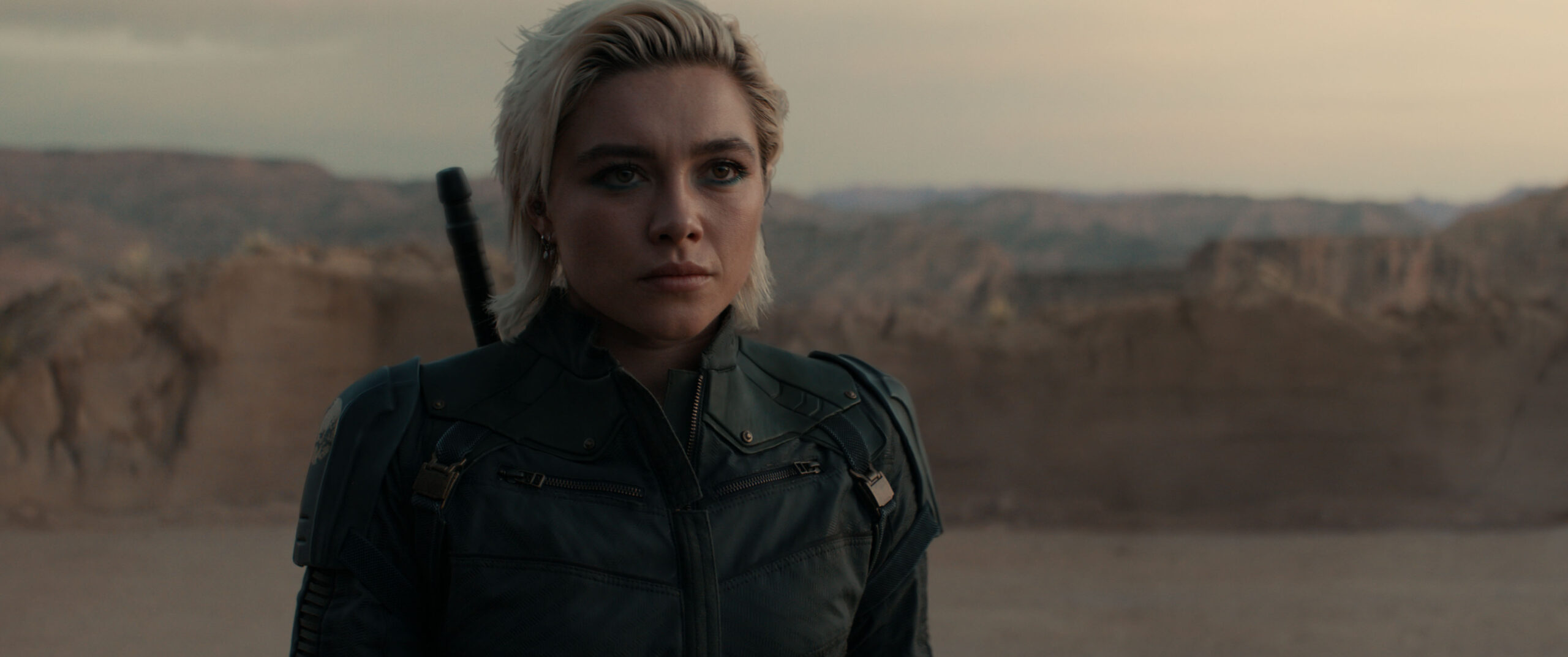
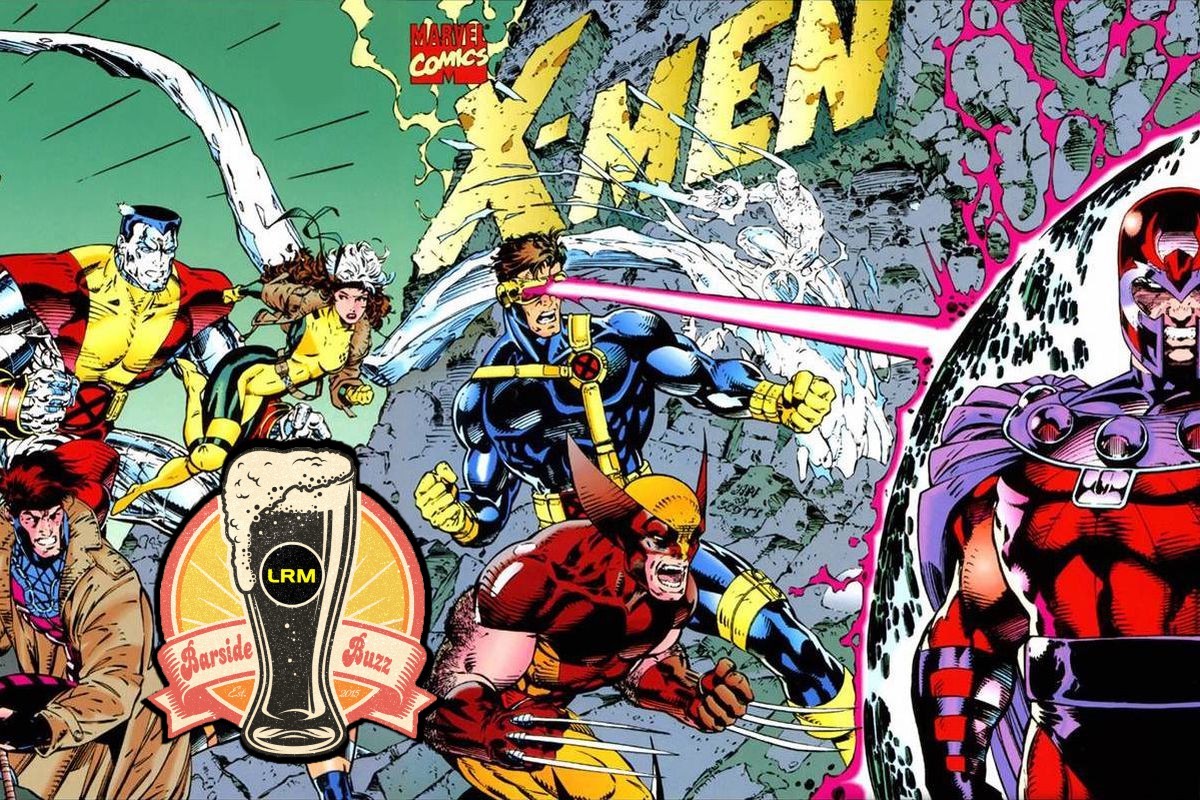



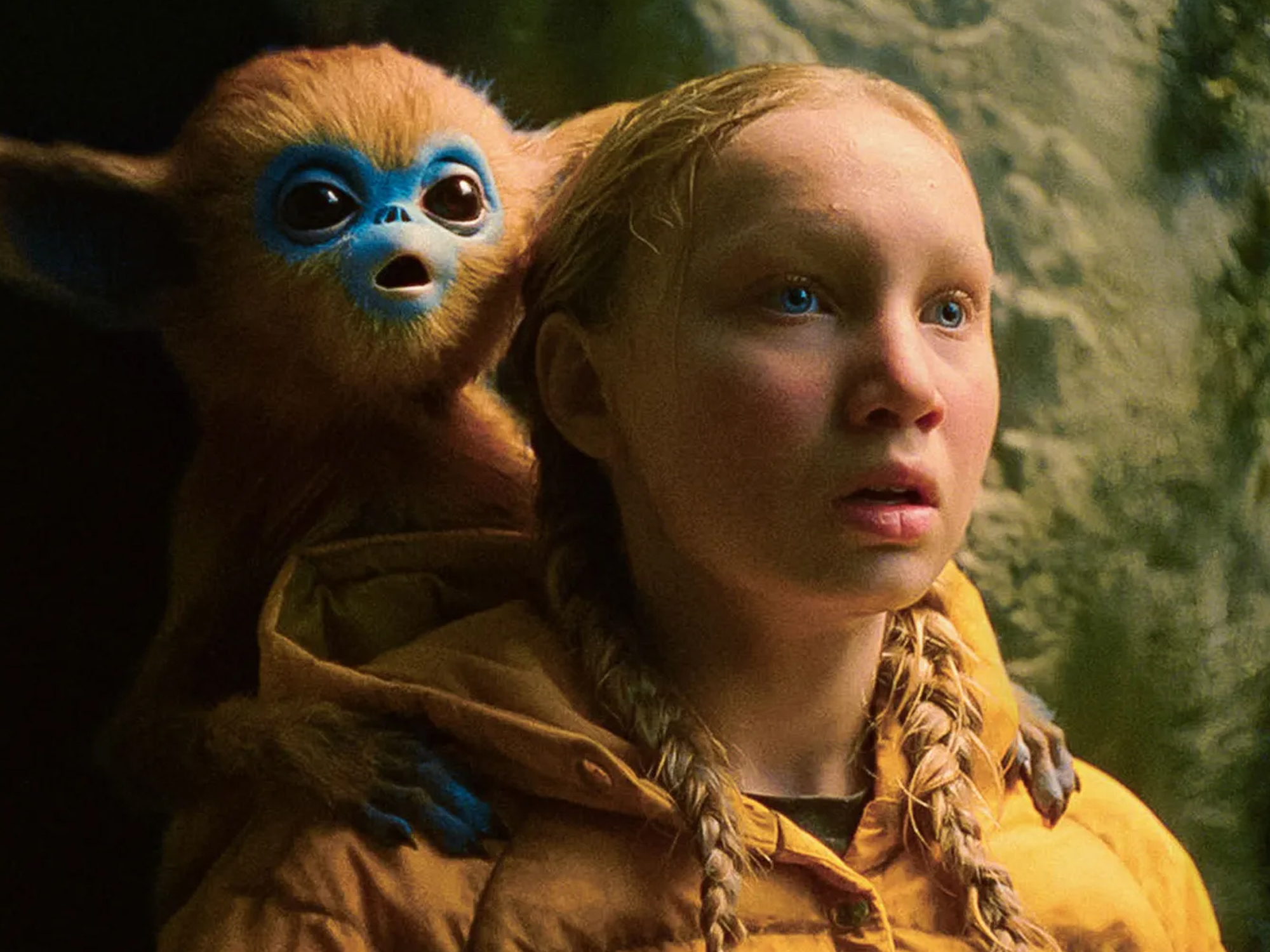







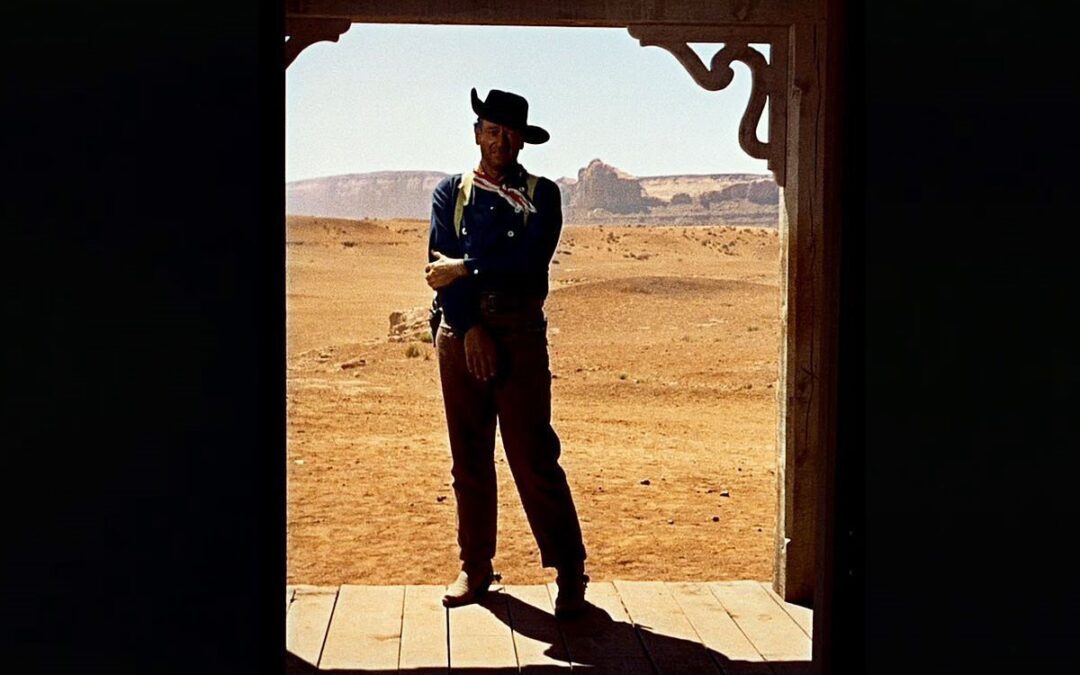
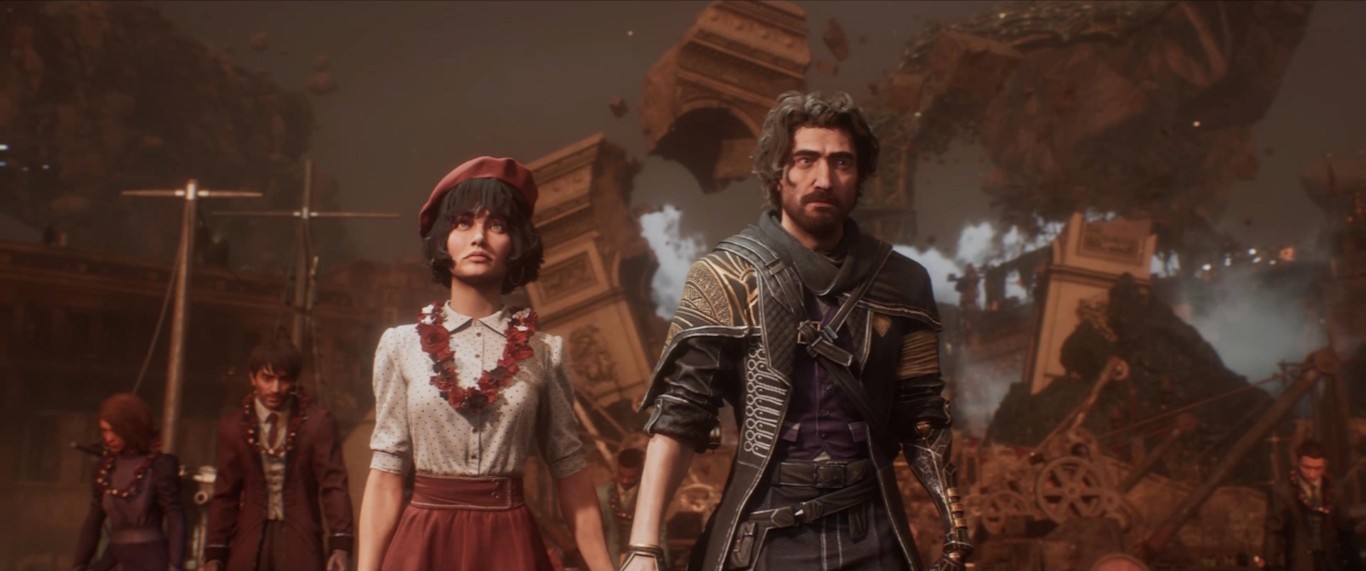
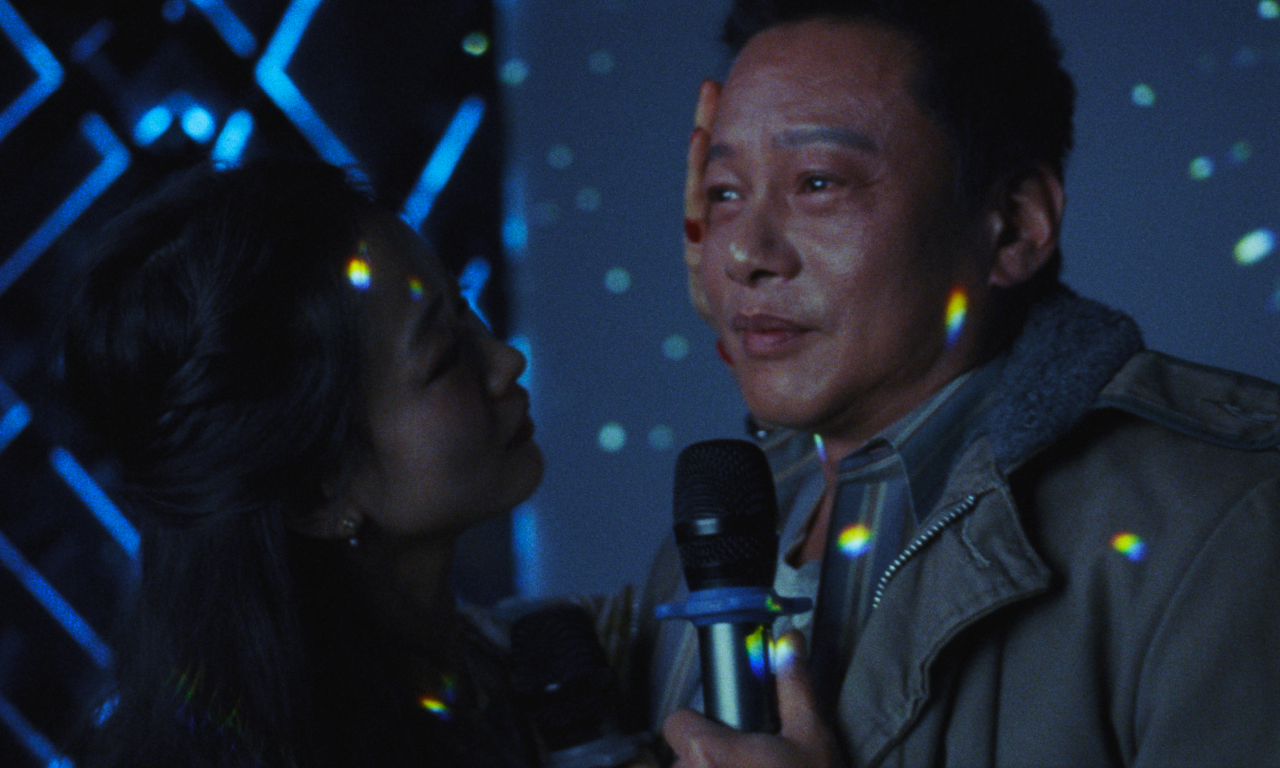






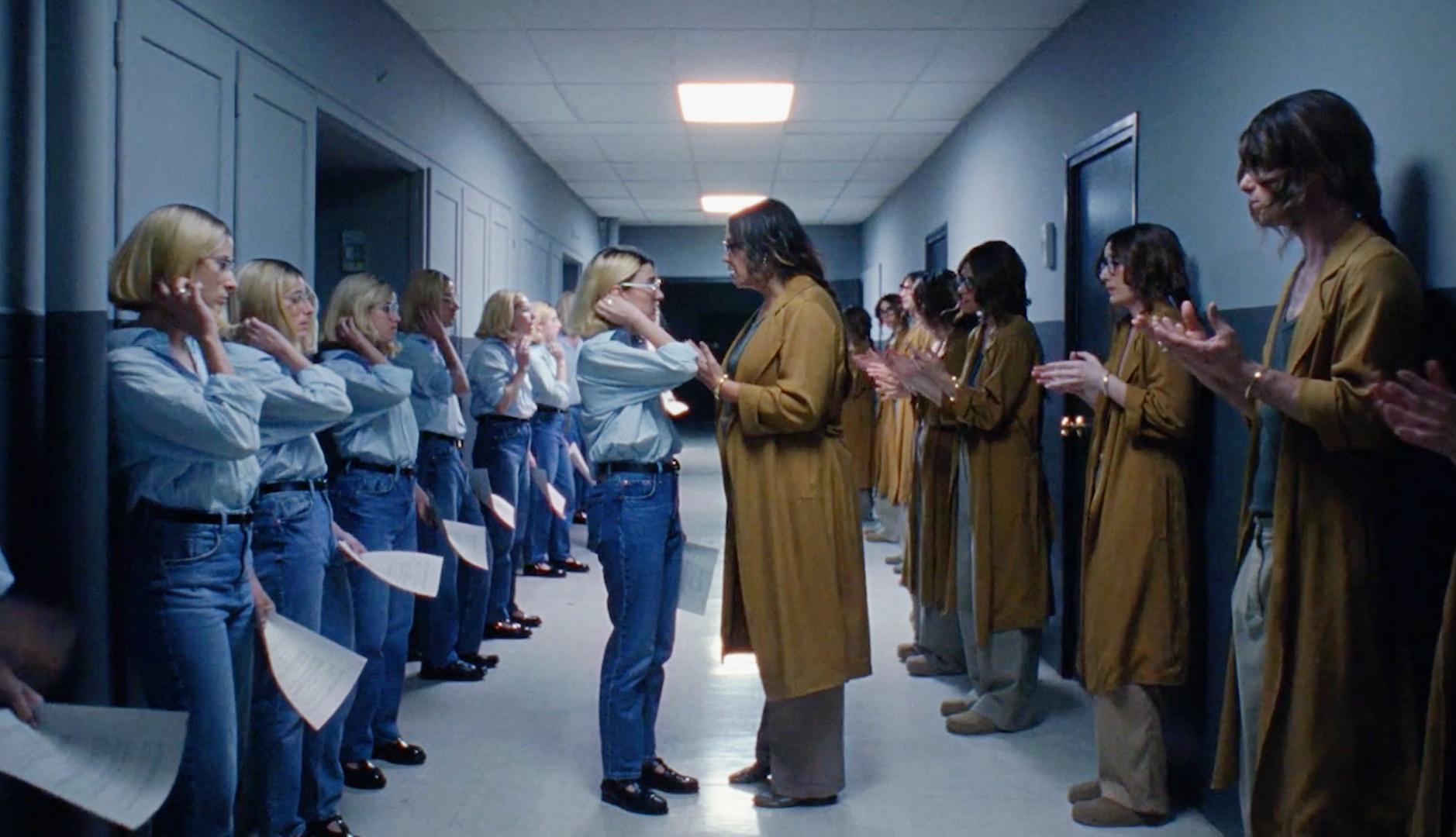


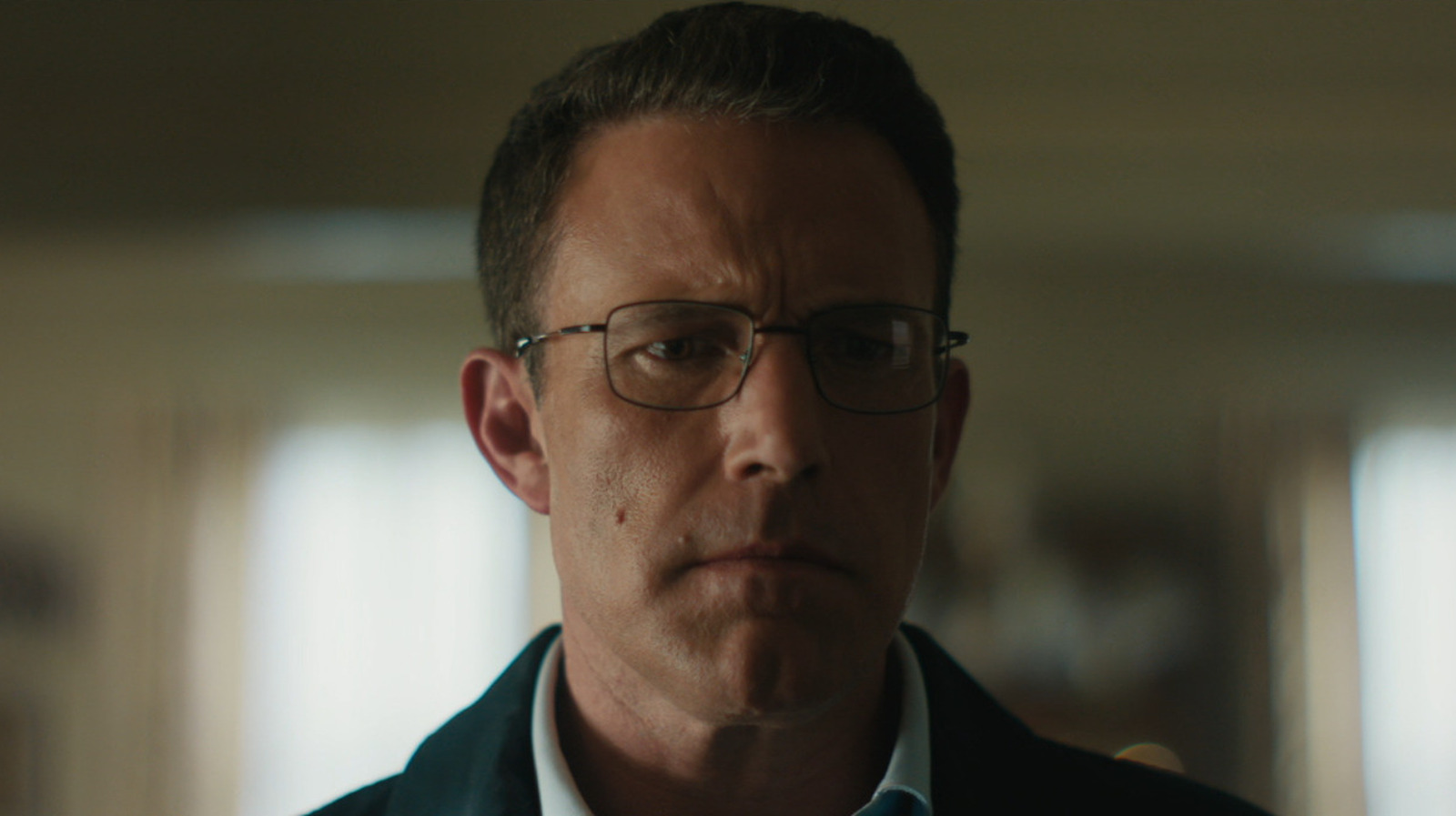
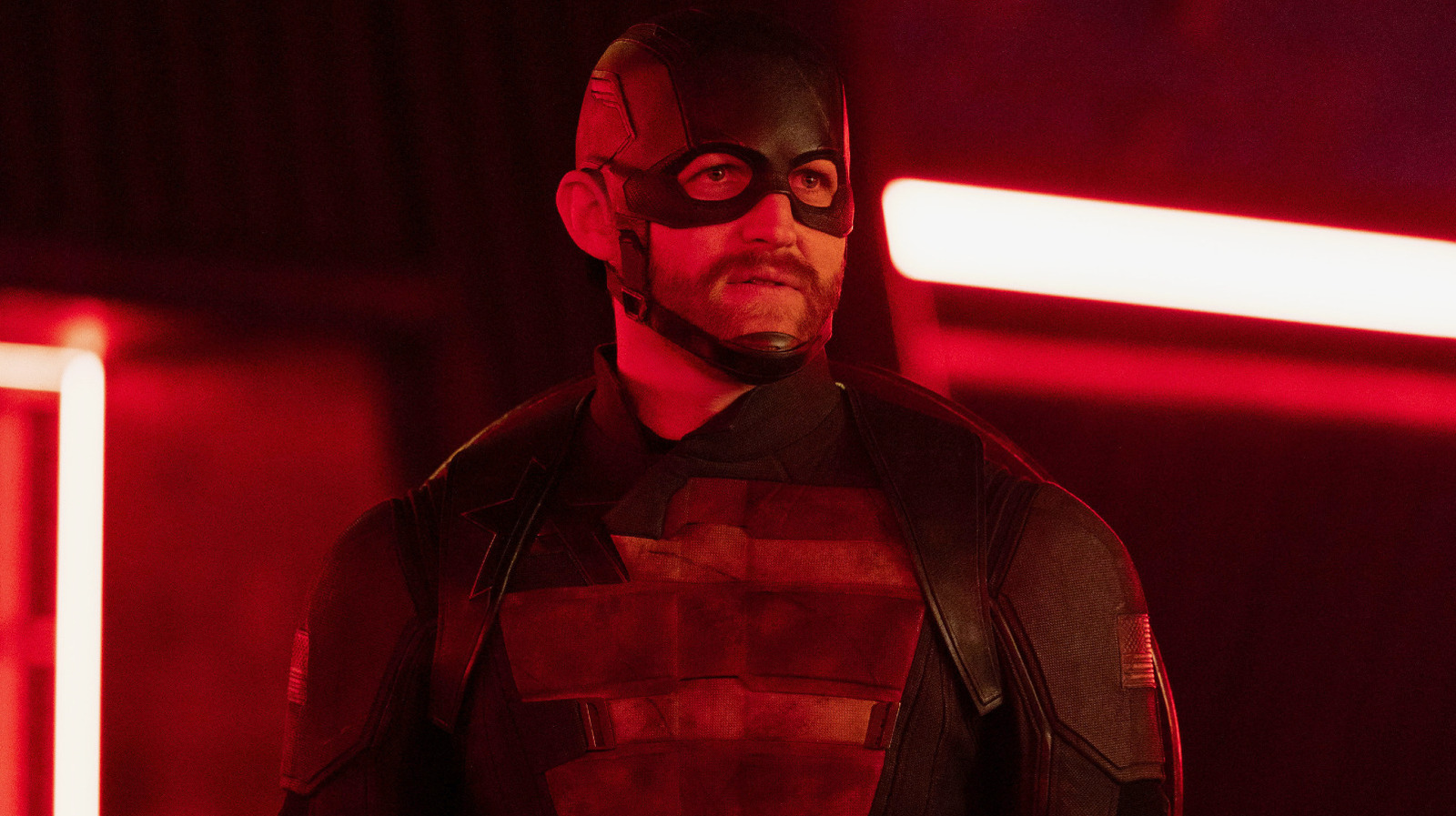
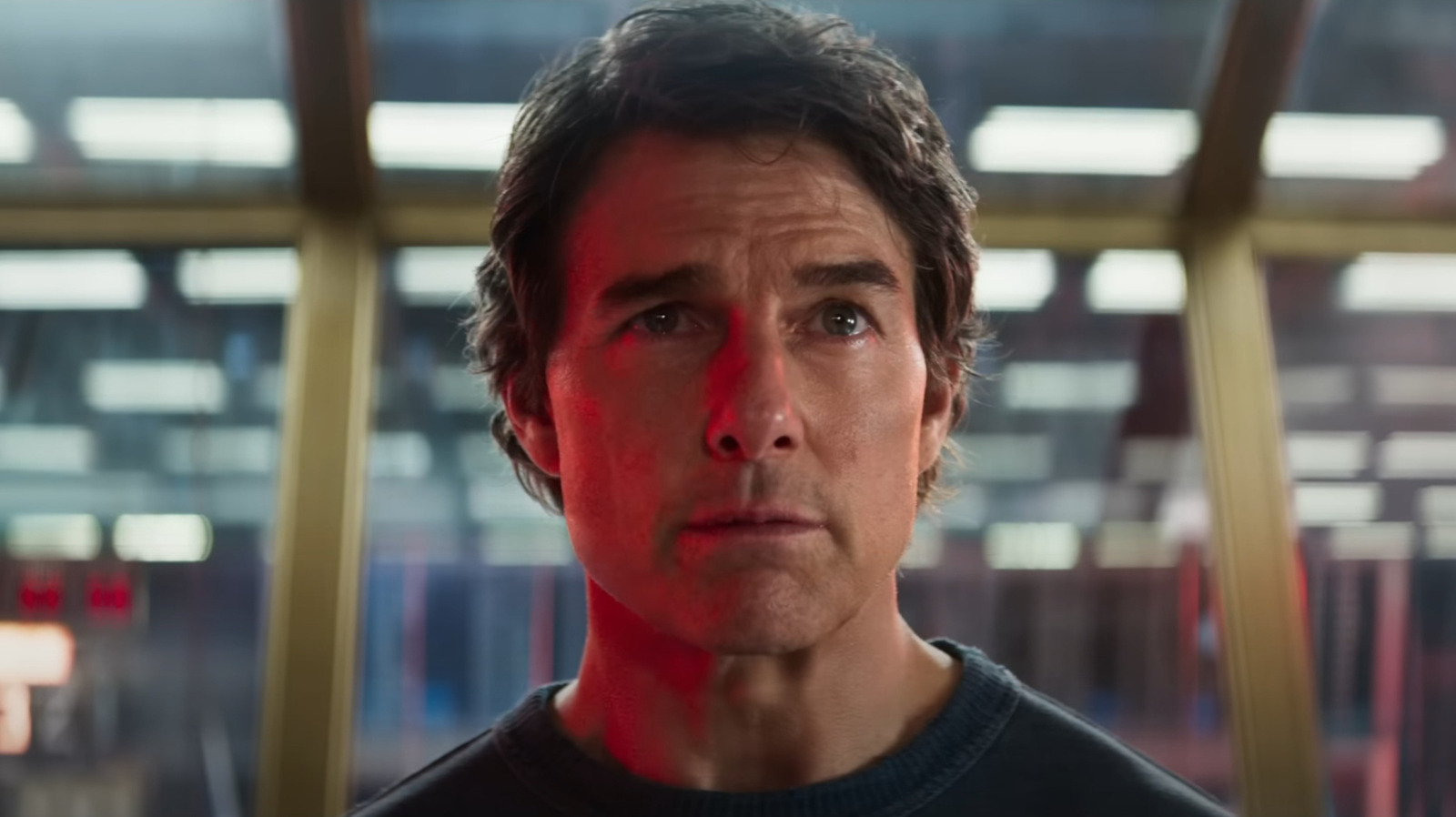

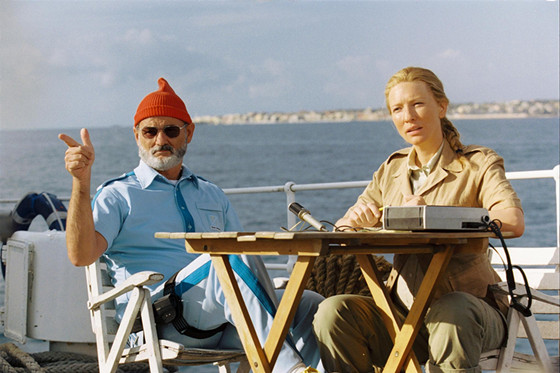


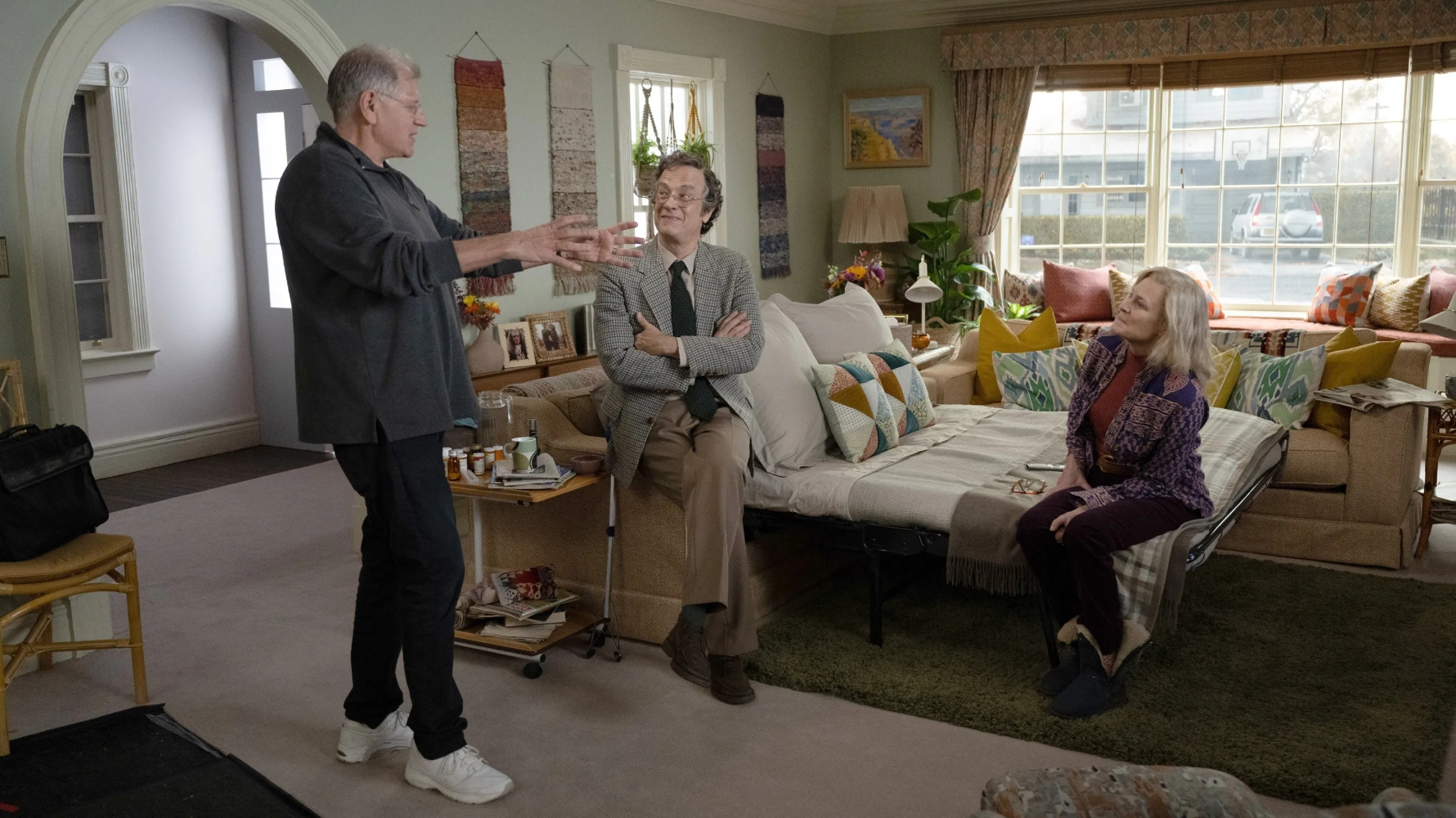

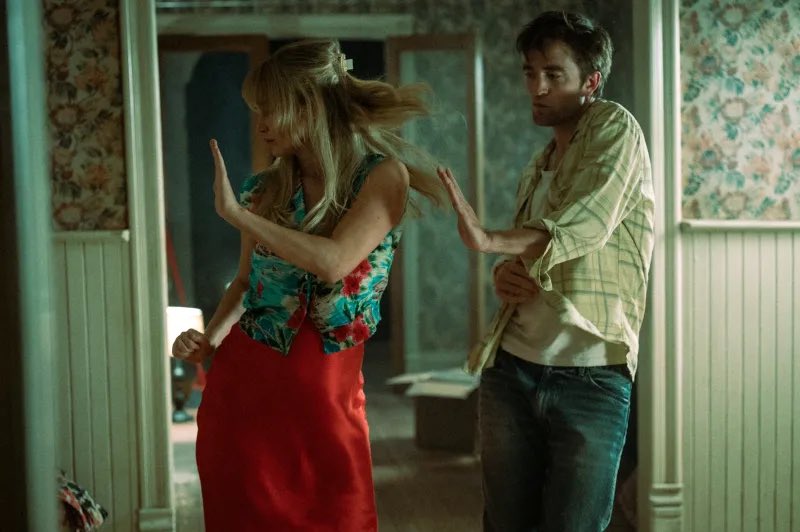




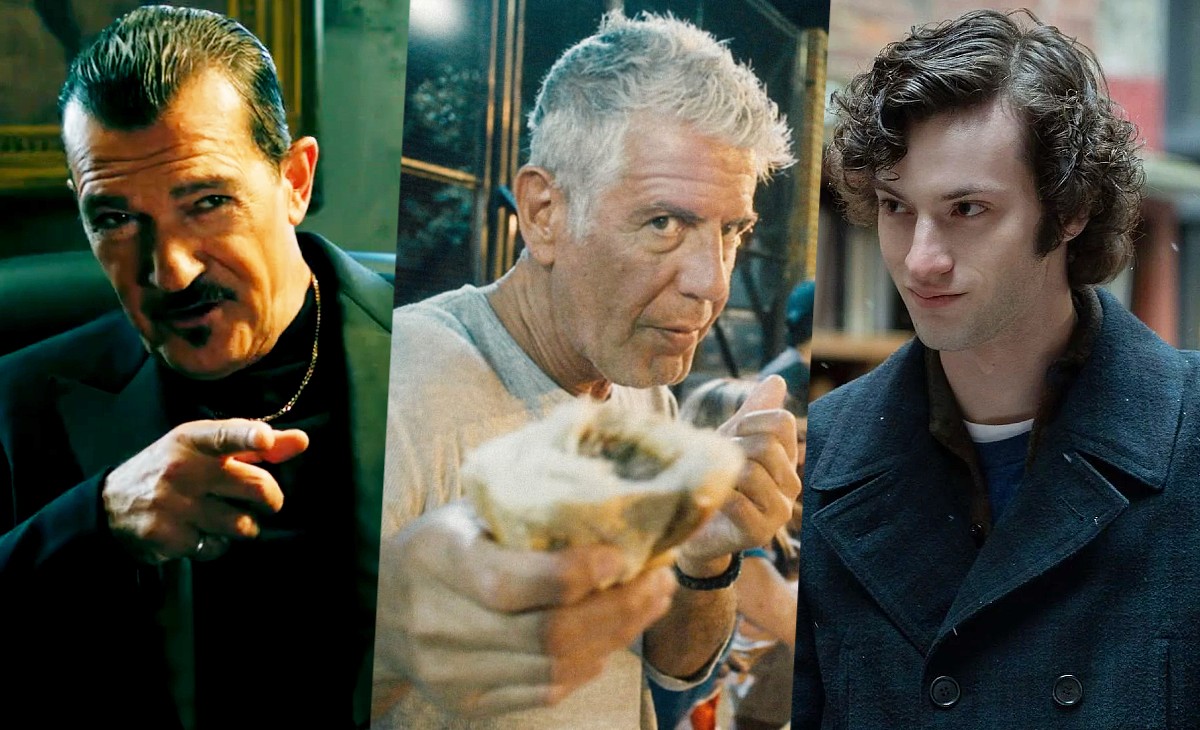
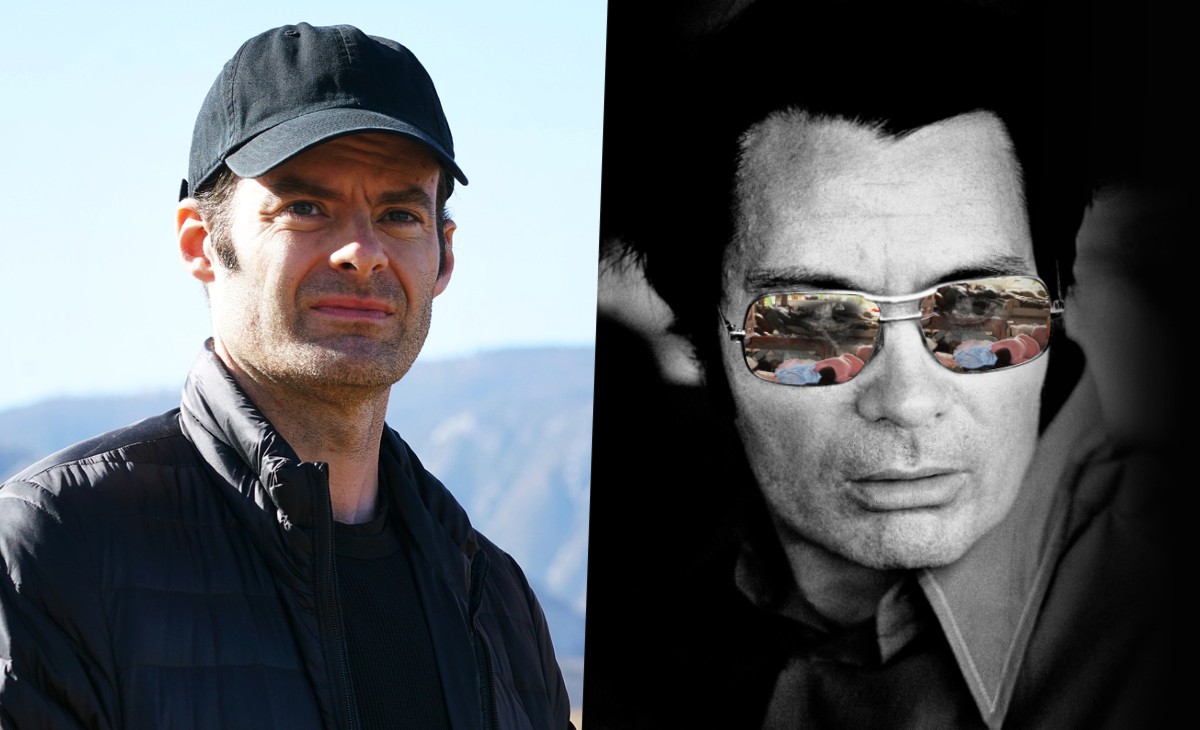



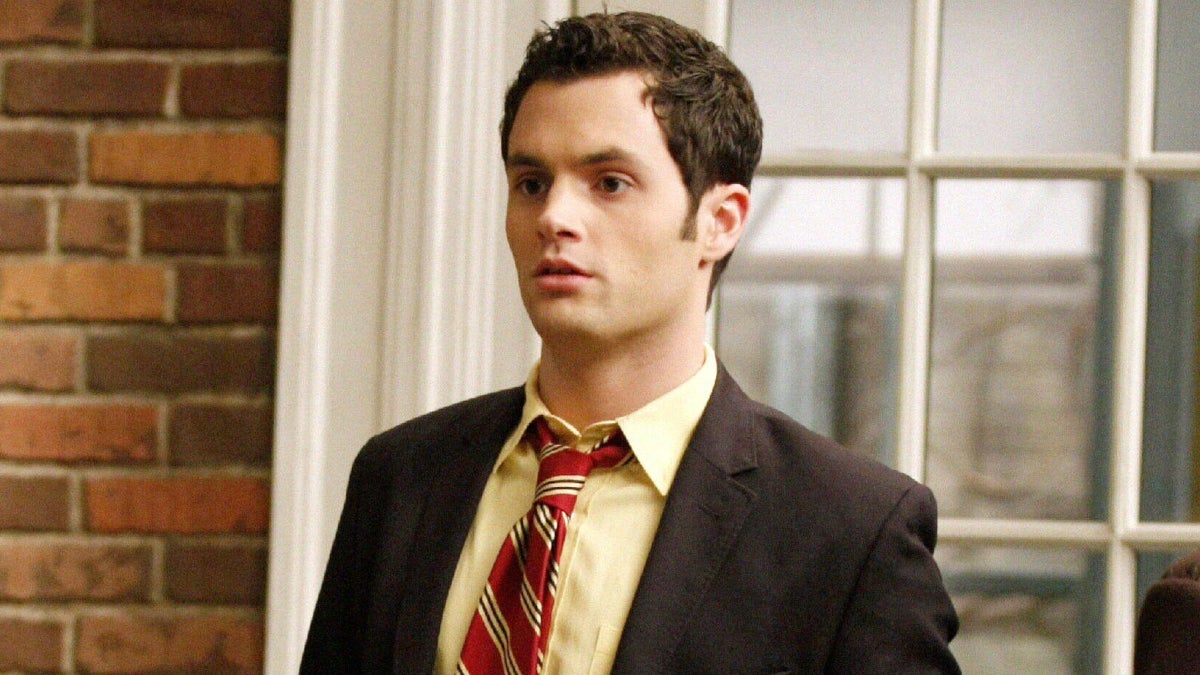





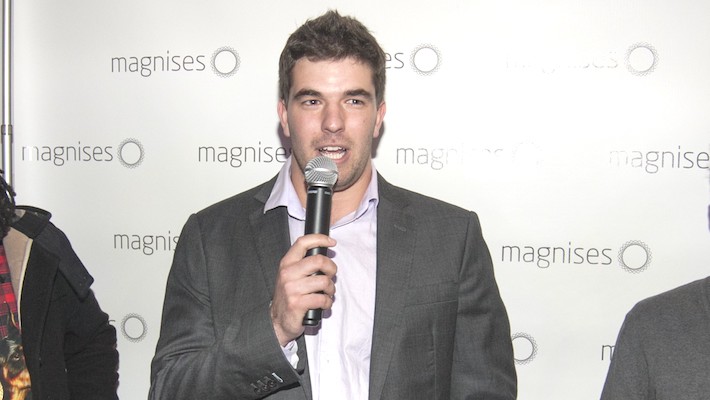













































































































![Last Chance Before Southwest Ends Open Seating: 90s Legend Kato Kaelin’s Barf Bag Hack Scores Empty Middle Seat [Roundup]](https://viewfromthewing.com/wp-content/uploads/2025/04/kato-kaelin-southwest.jpg?#)















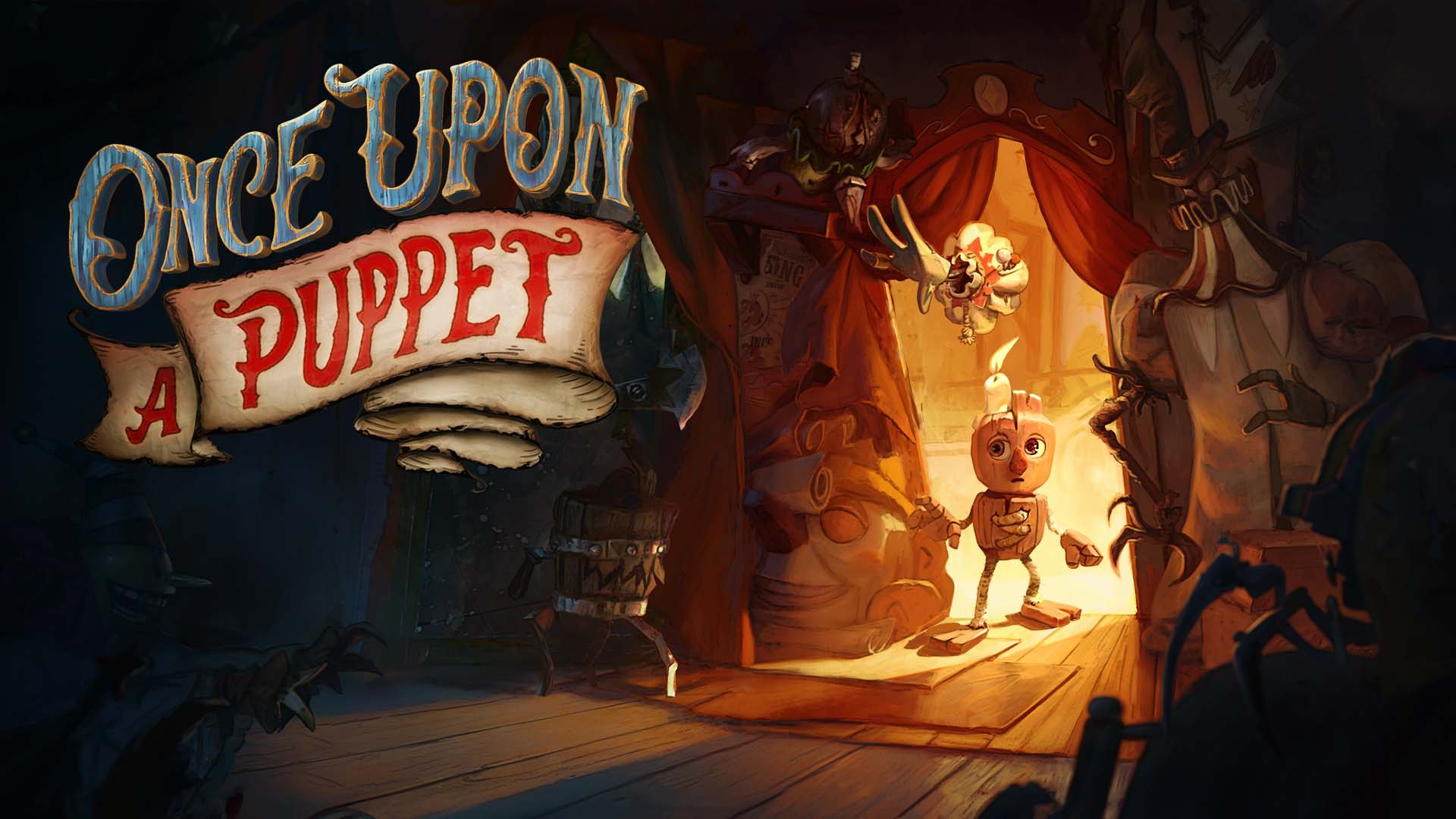









-Classic-Nintendo-GameCube-games-are-coming-to-Nintendo-Switch-2!-00-00-13.png?width=1920&height=1920&fit=bounds&quality=70&format=jpg&auto=webp#)

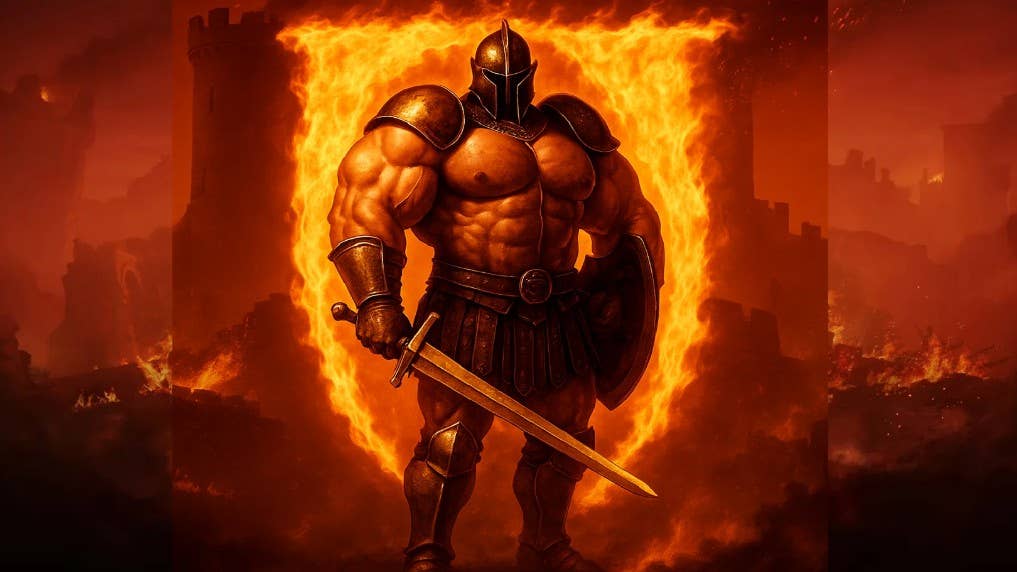
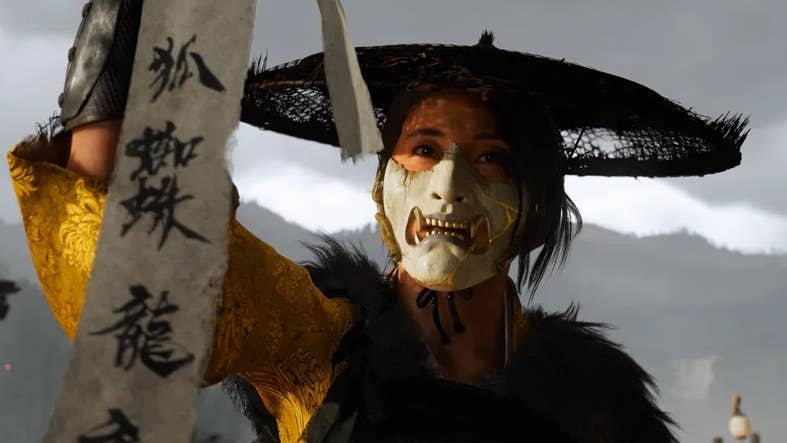
















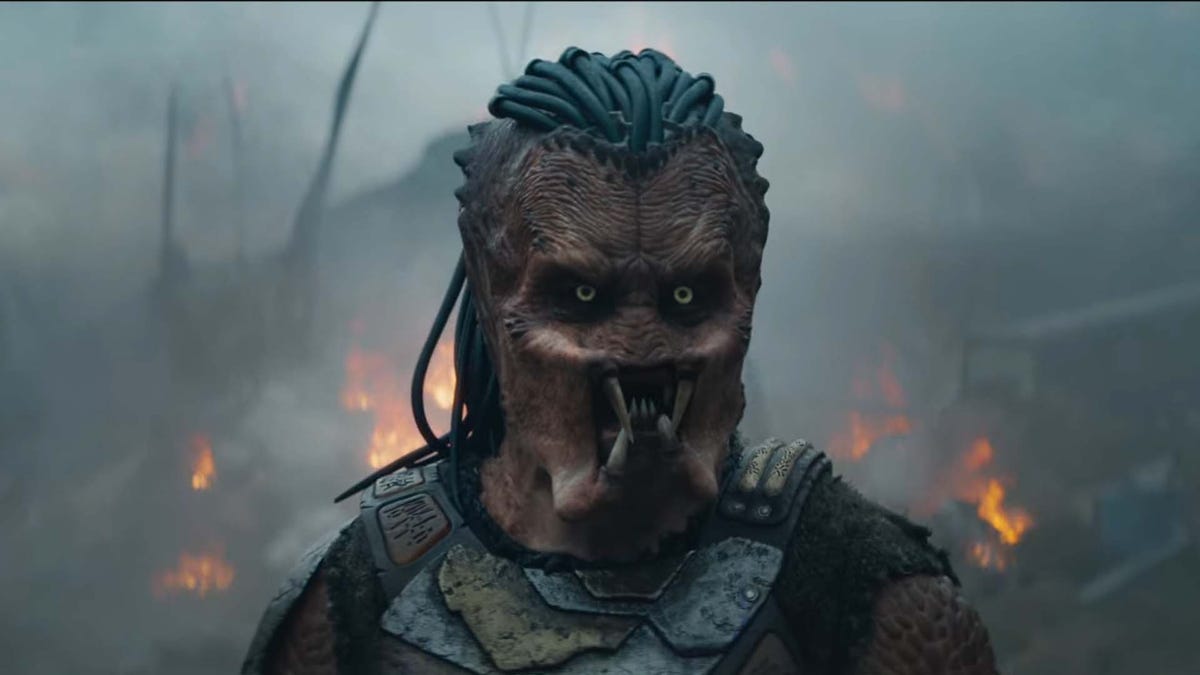
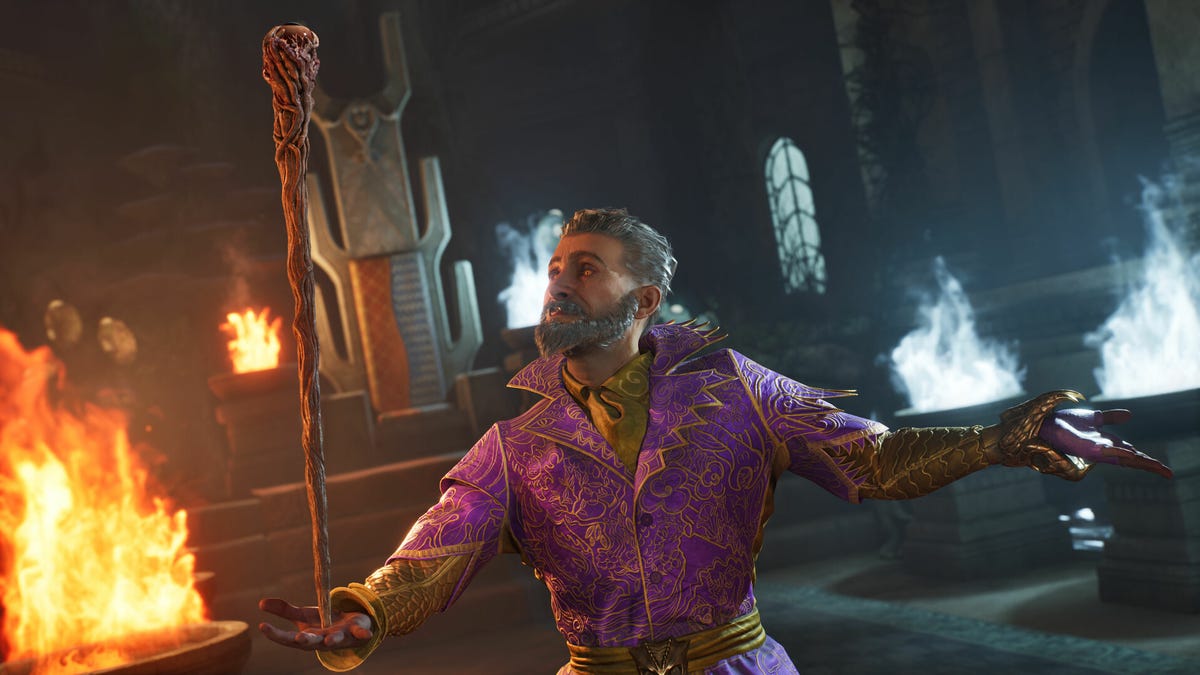

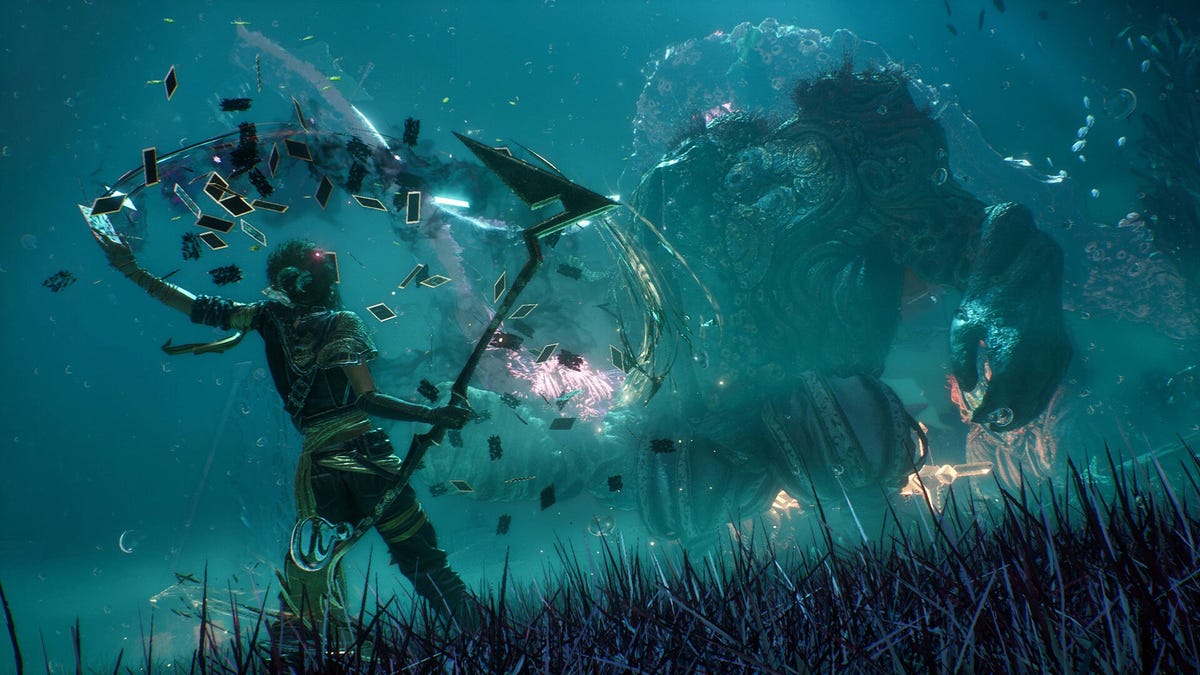




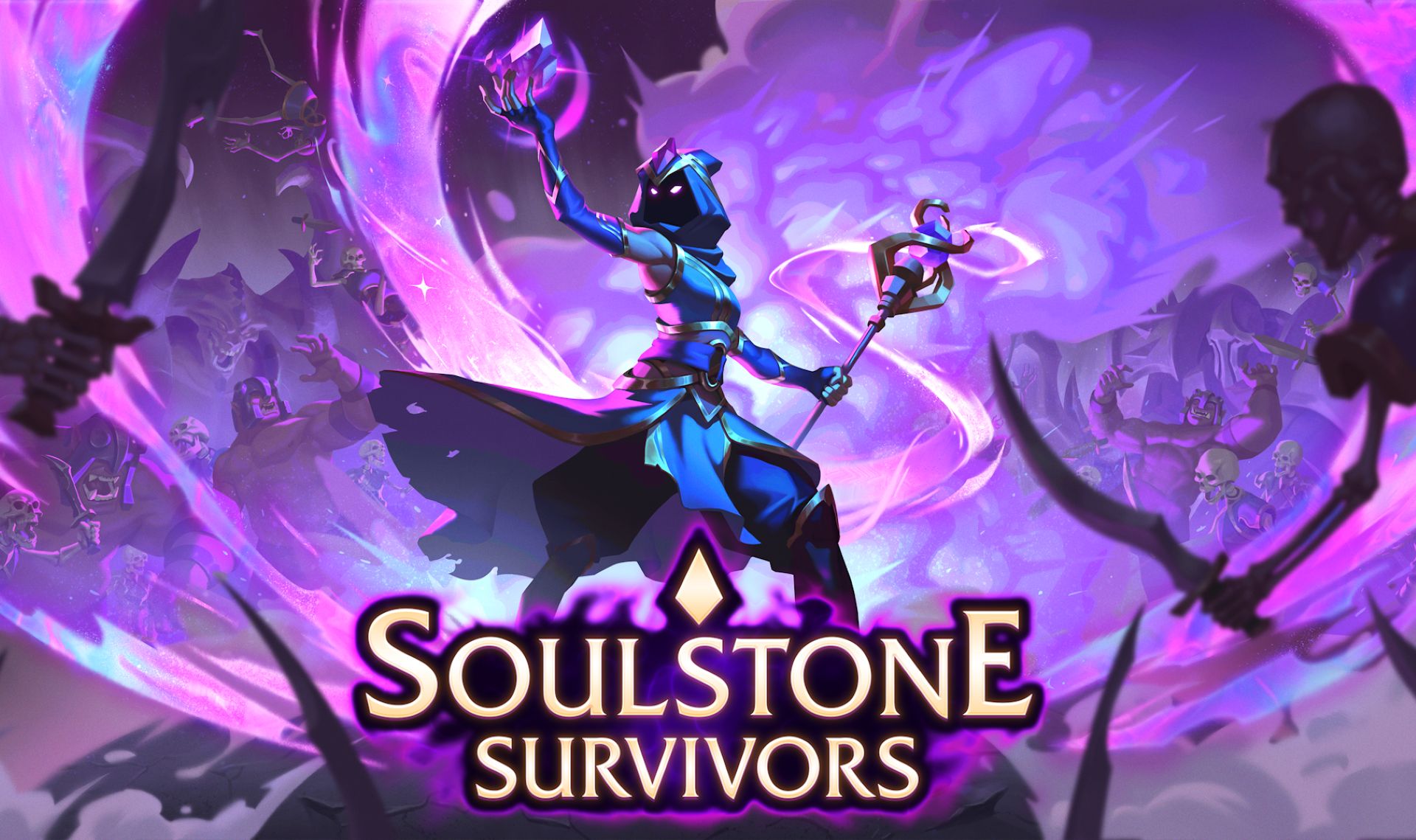
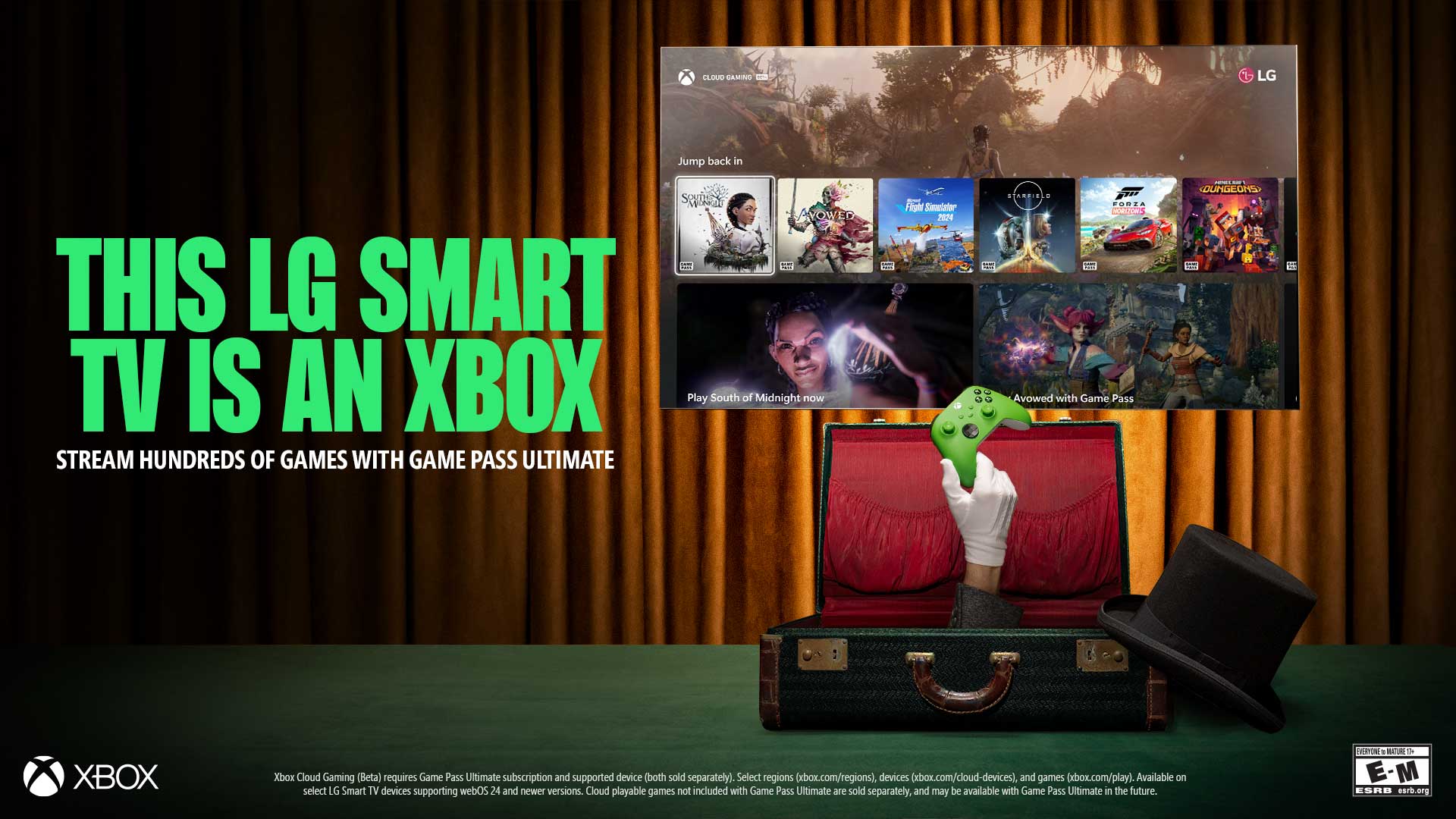




















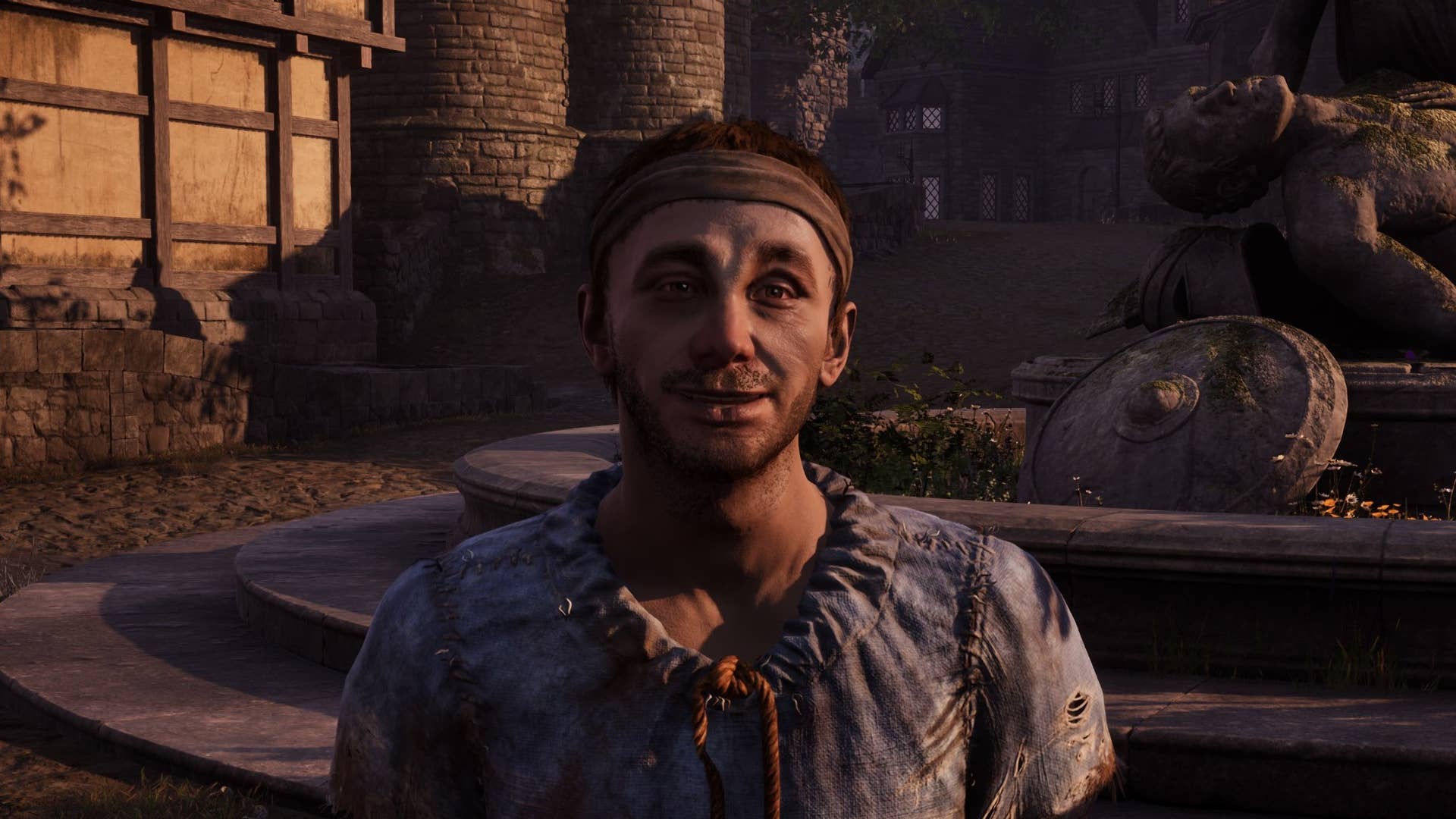






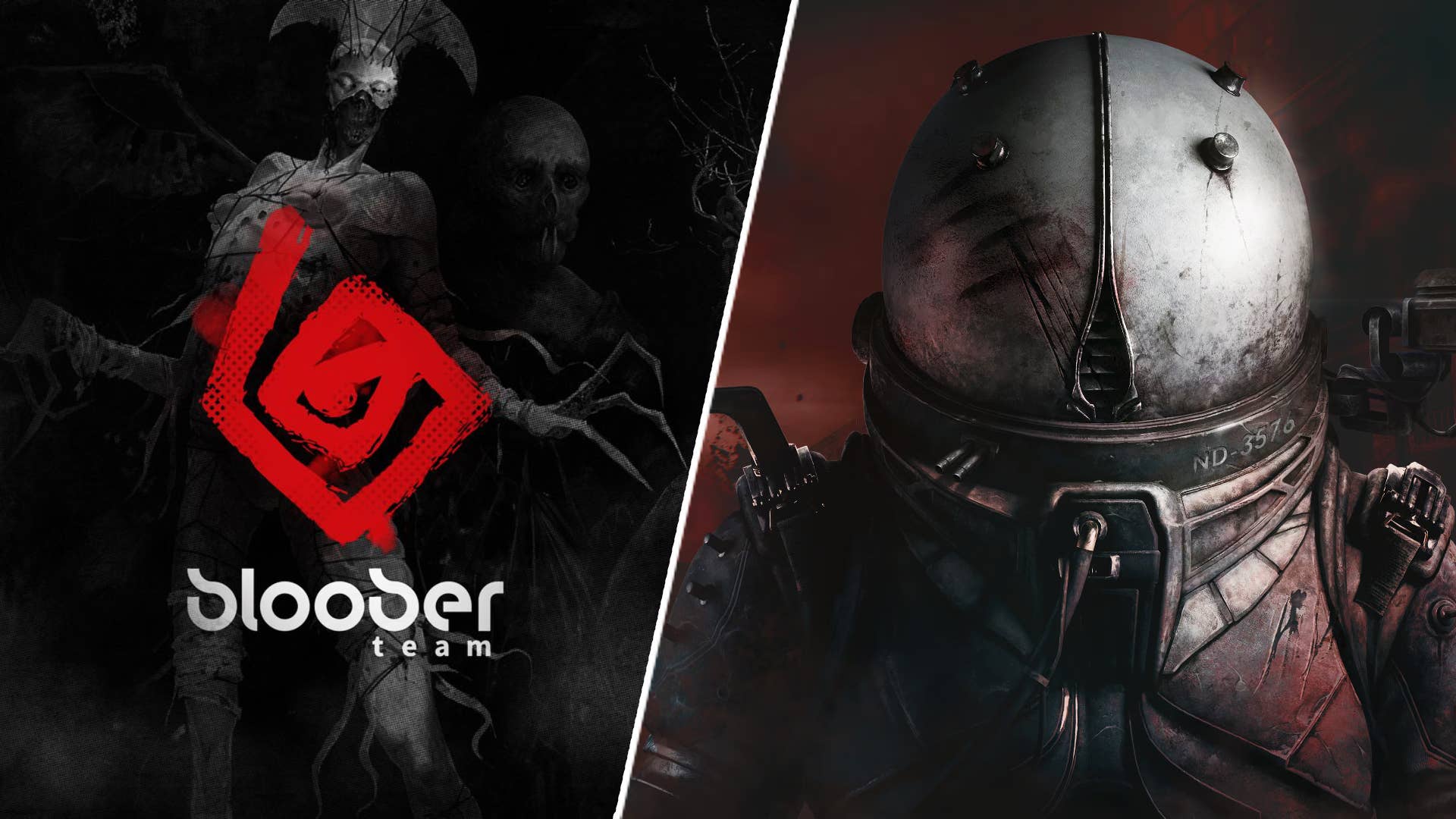


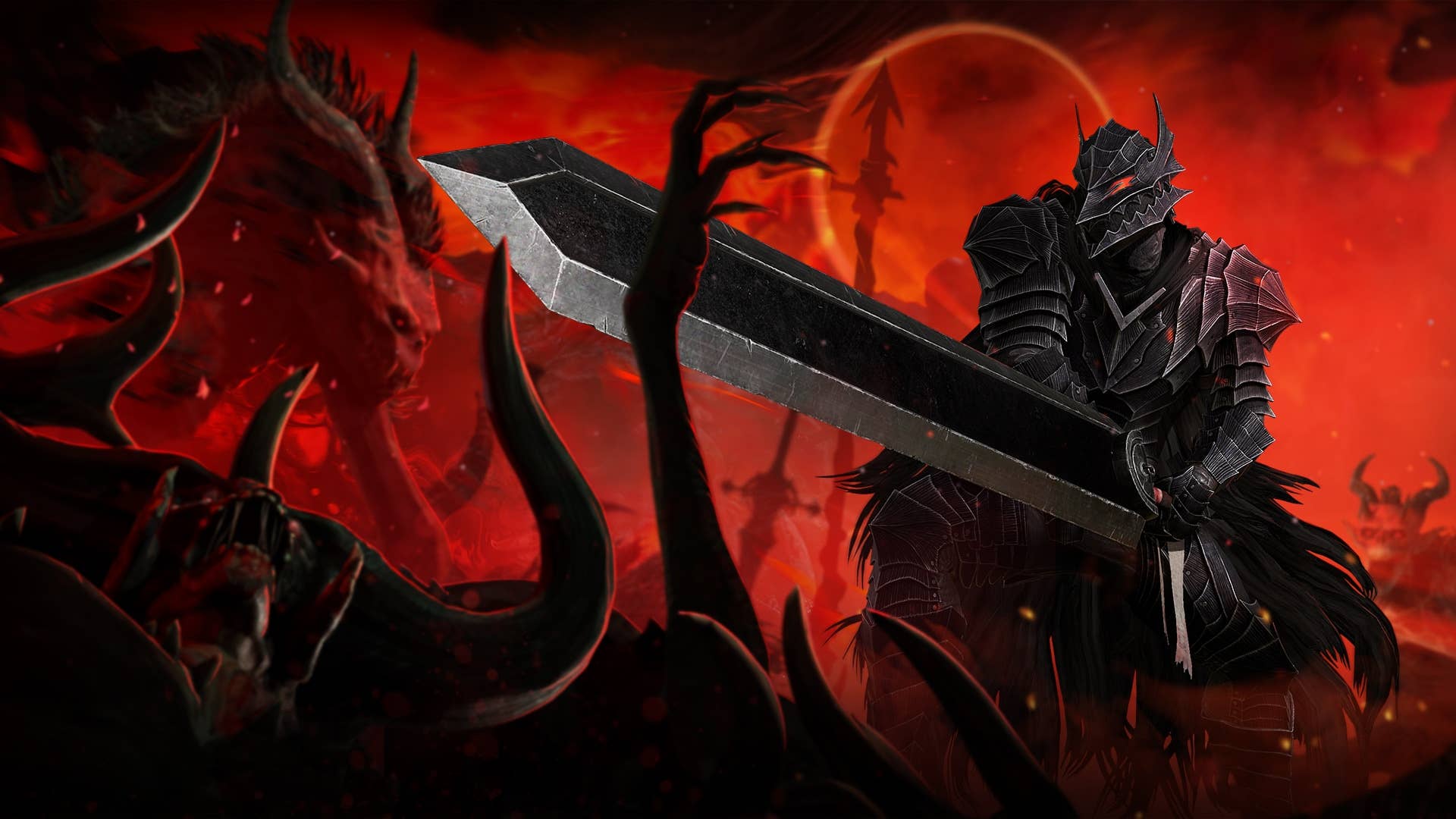















































































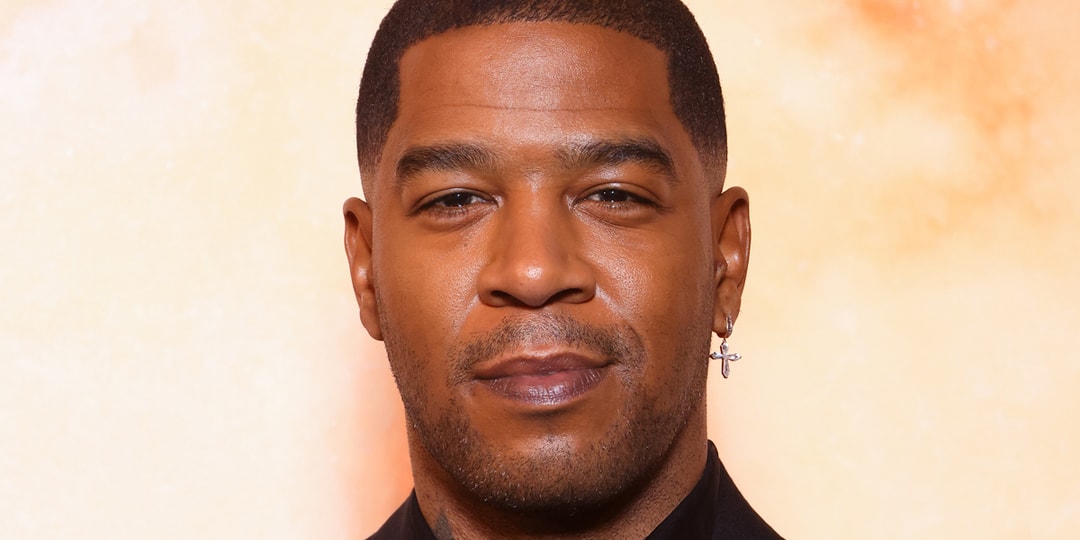


![[Podcast] Unlocking Innovation: How Play & Creativity Drive Success with Melissa Dinwiddie](https://justcreative.com/wp-content/uploads/2025/04/melissa-dinwiddie-youtube.png)







